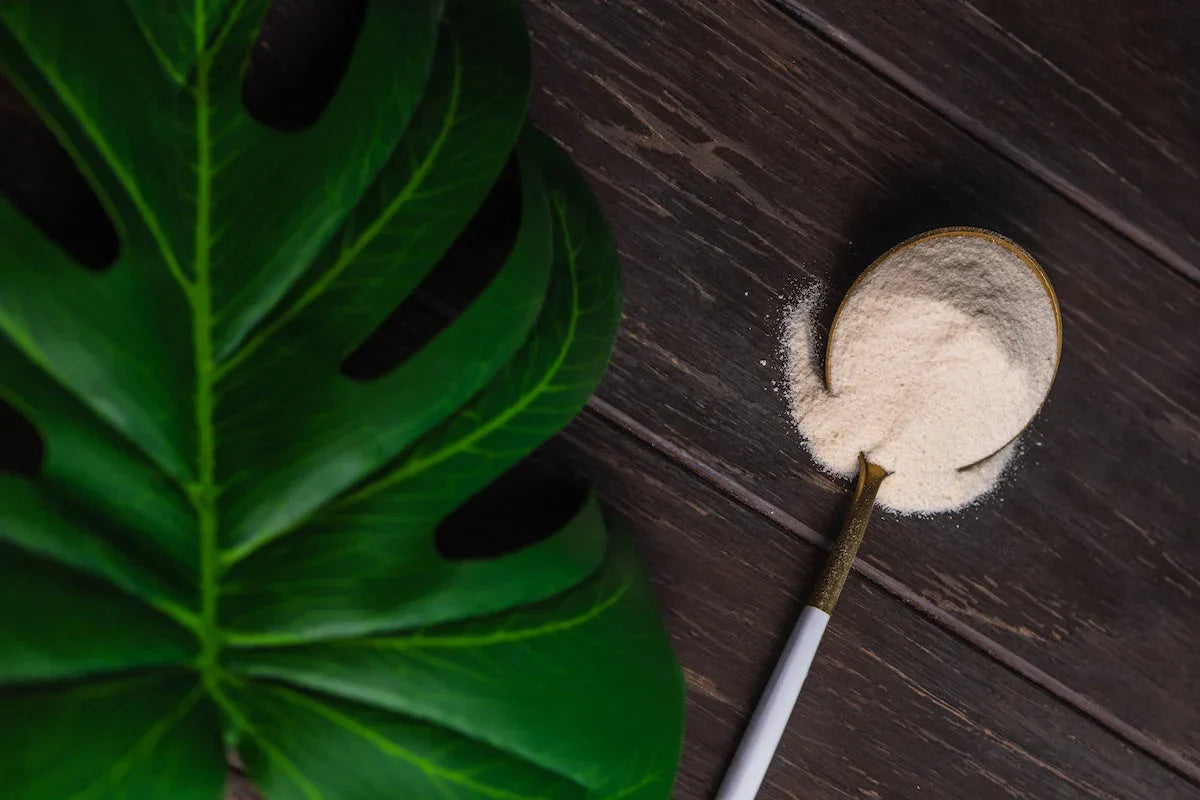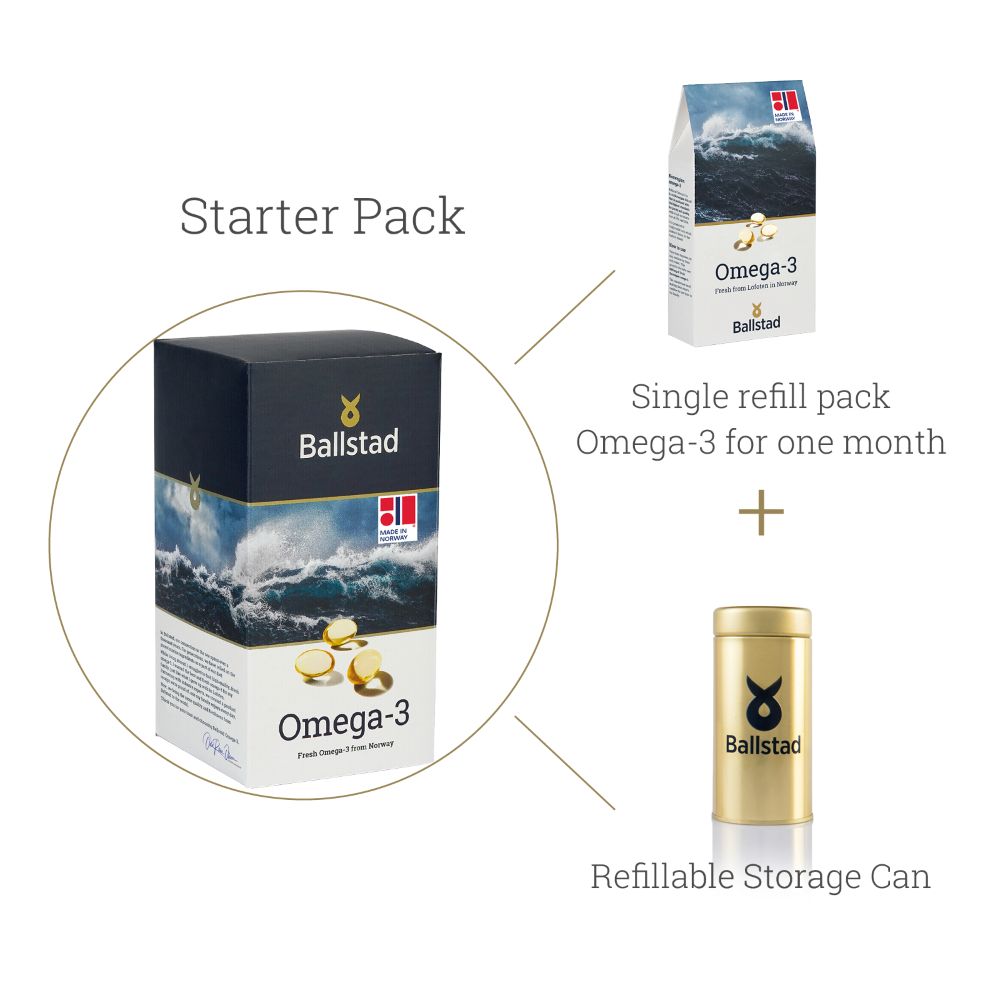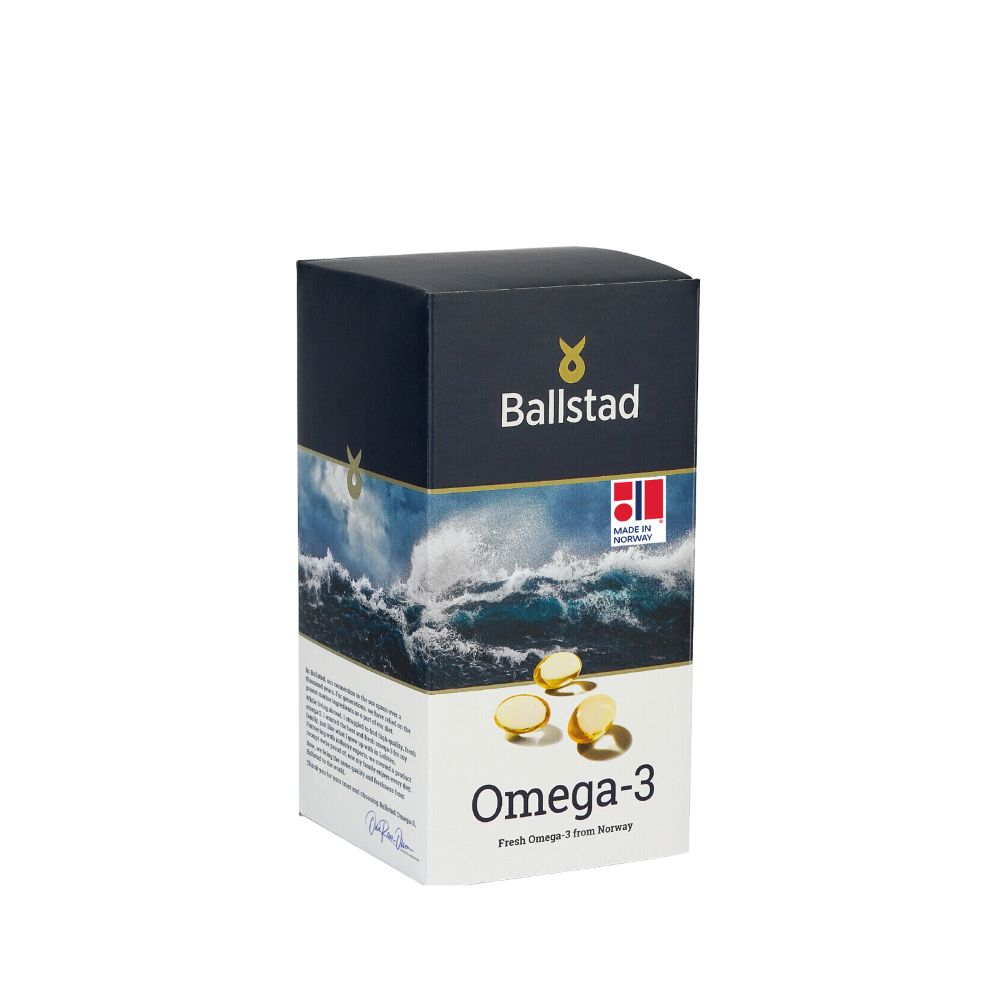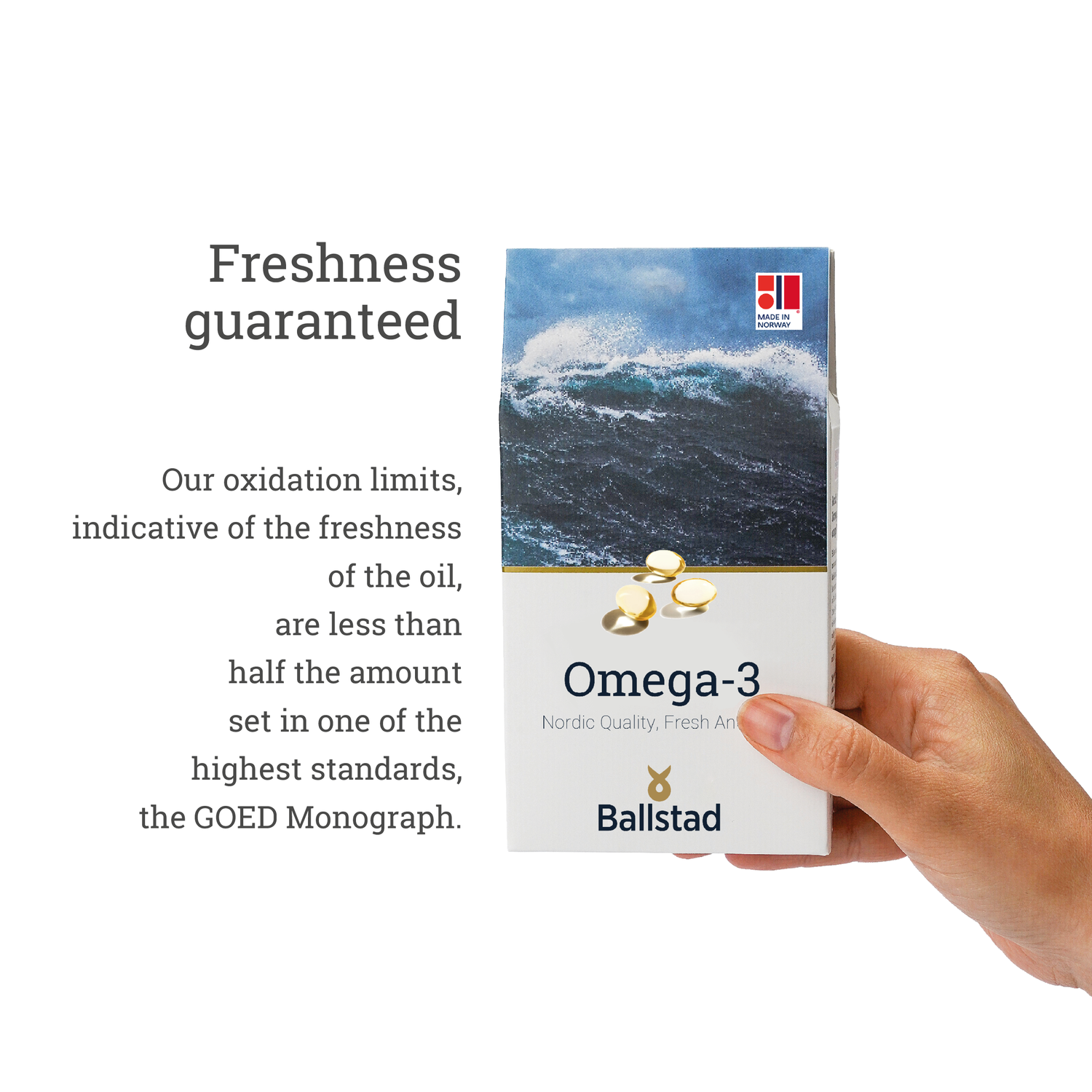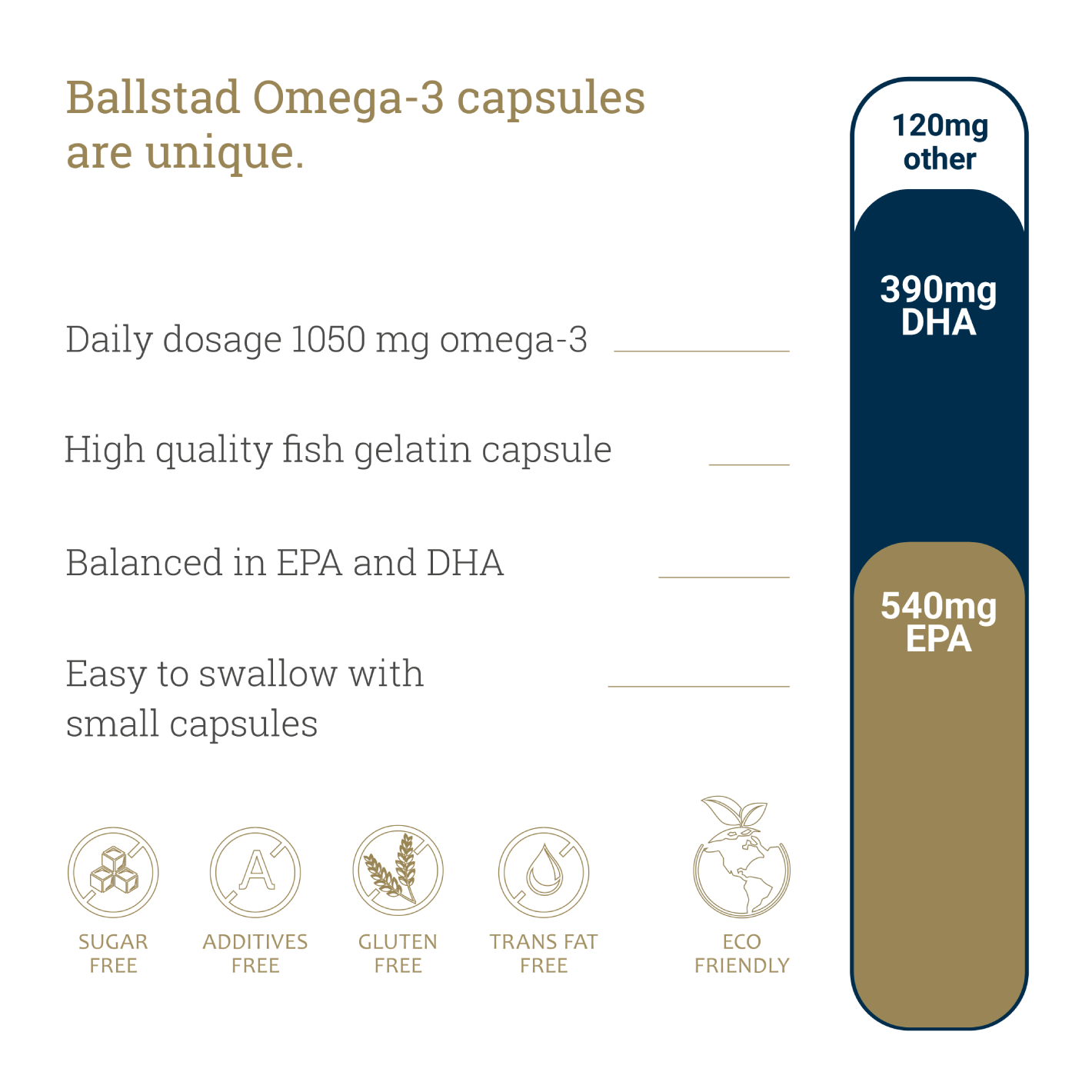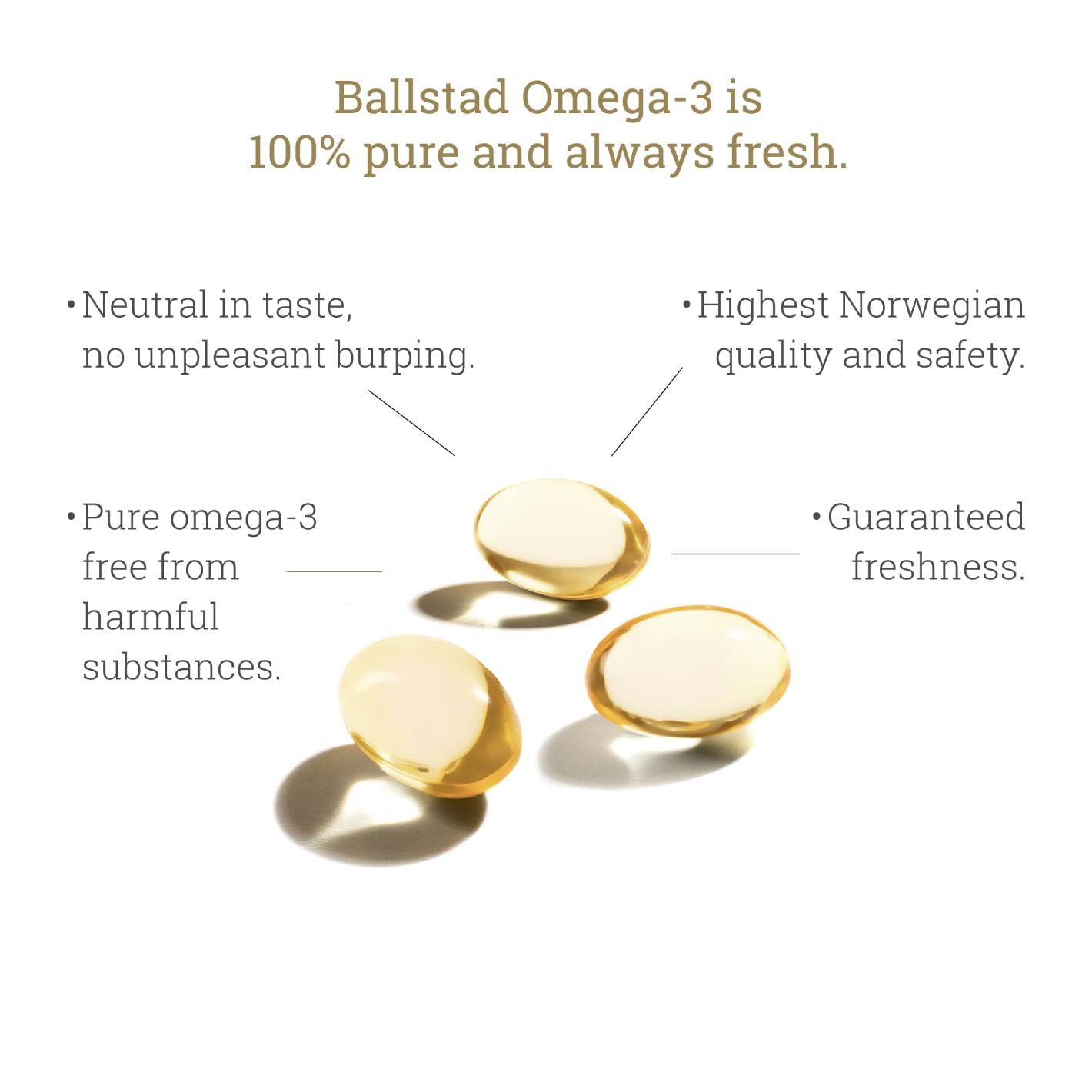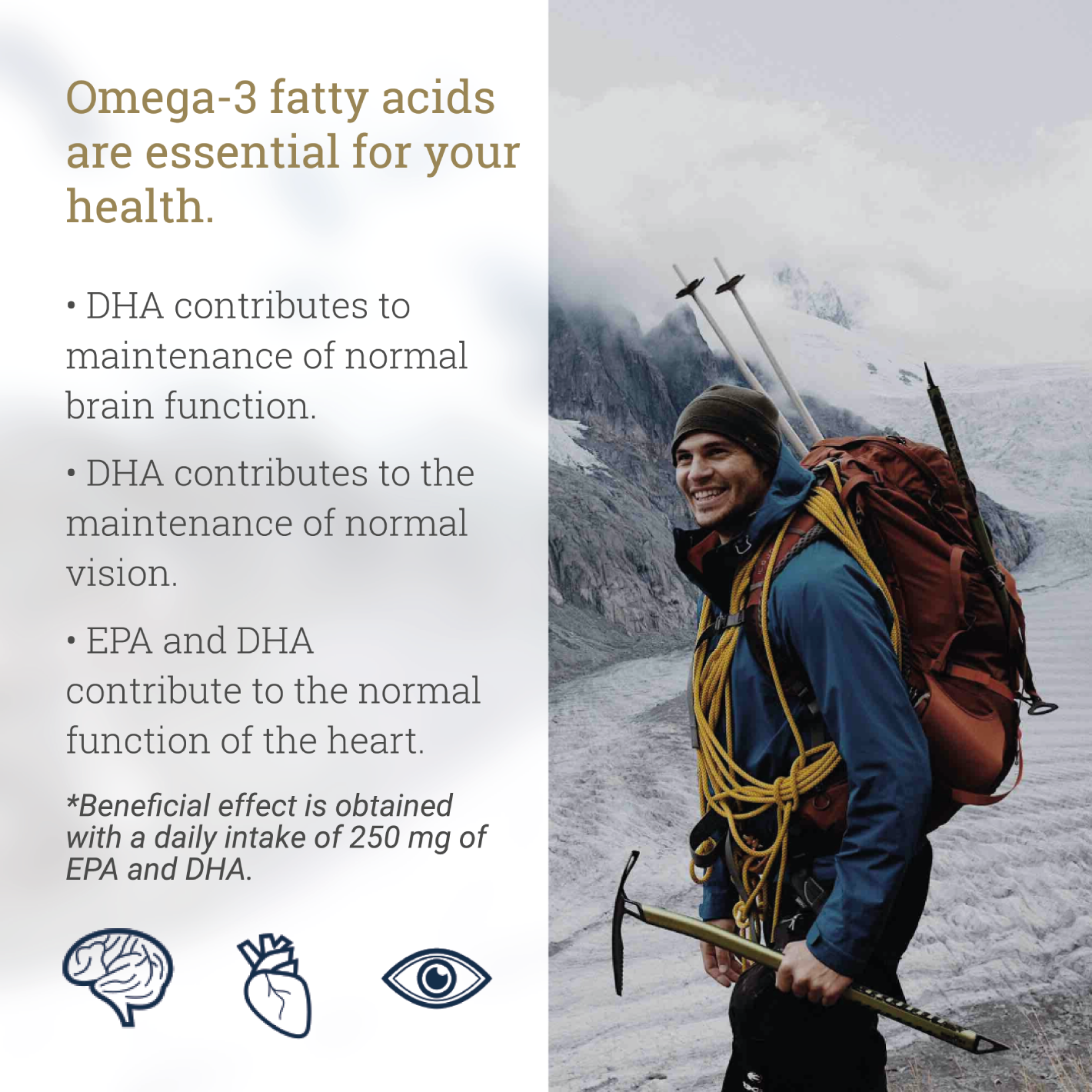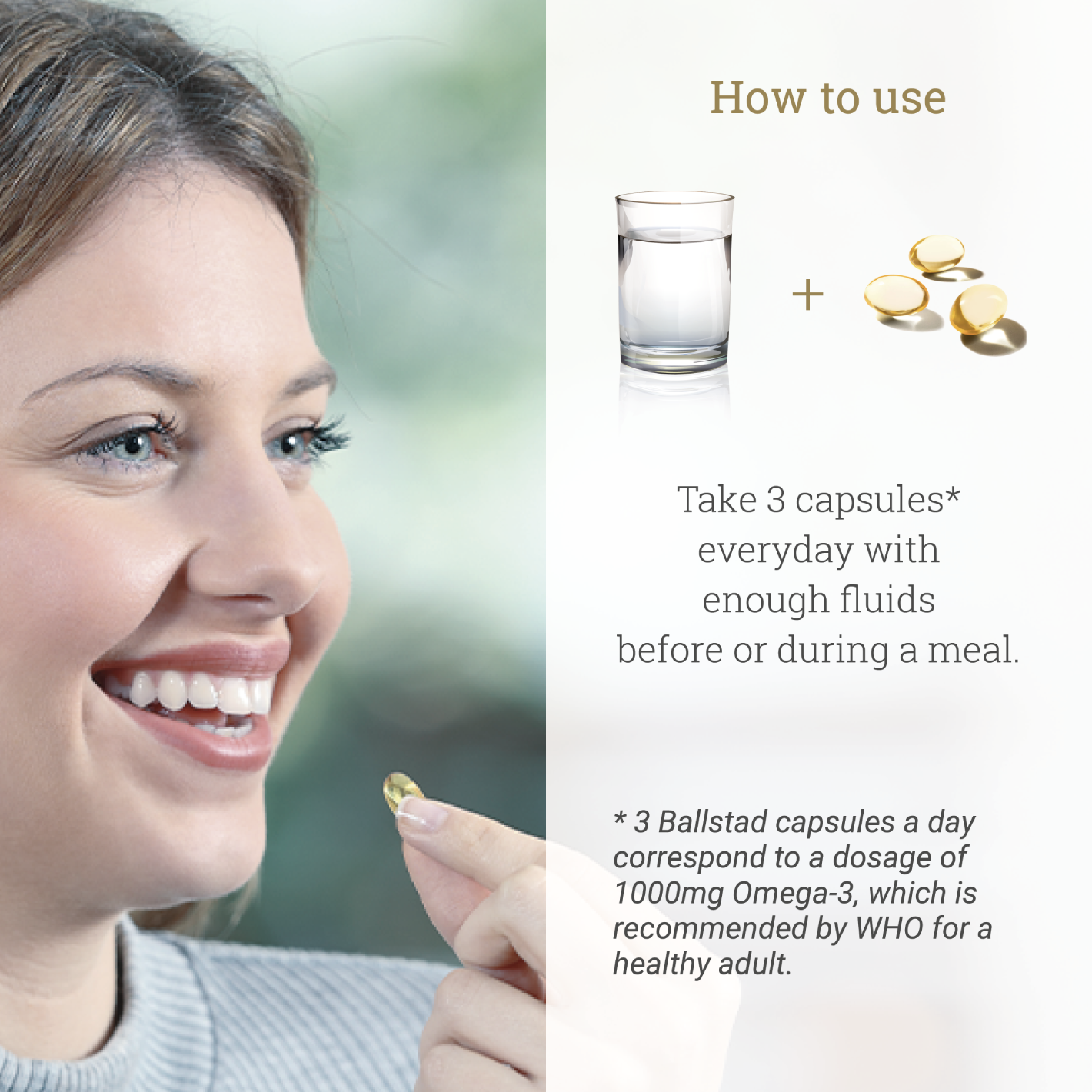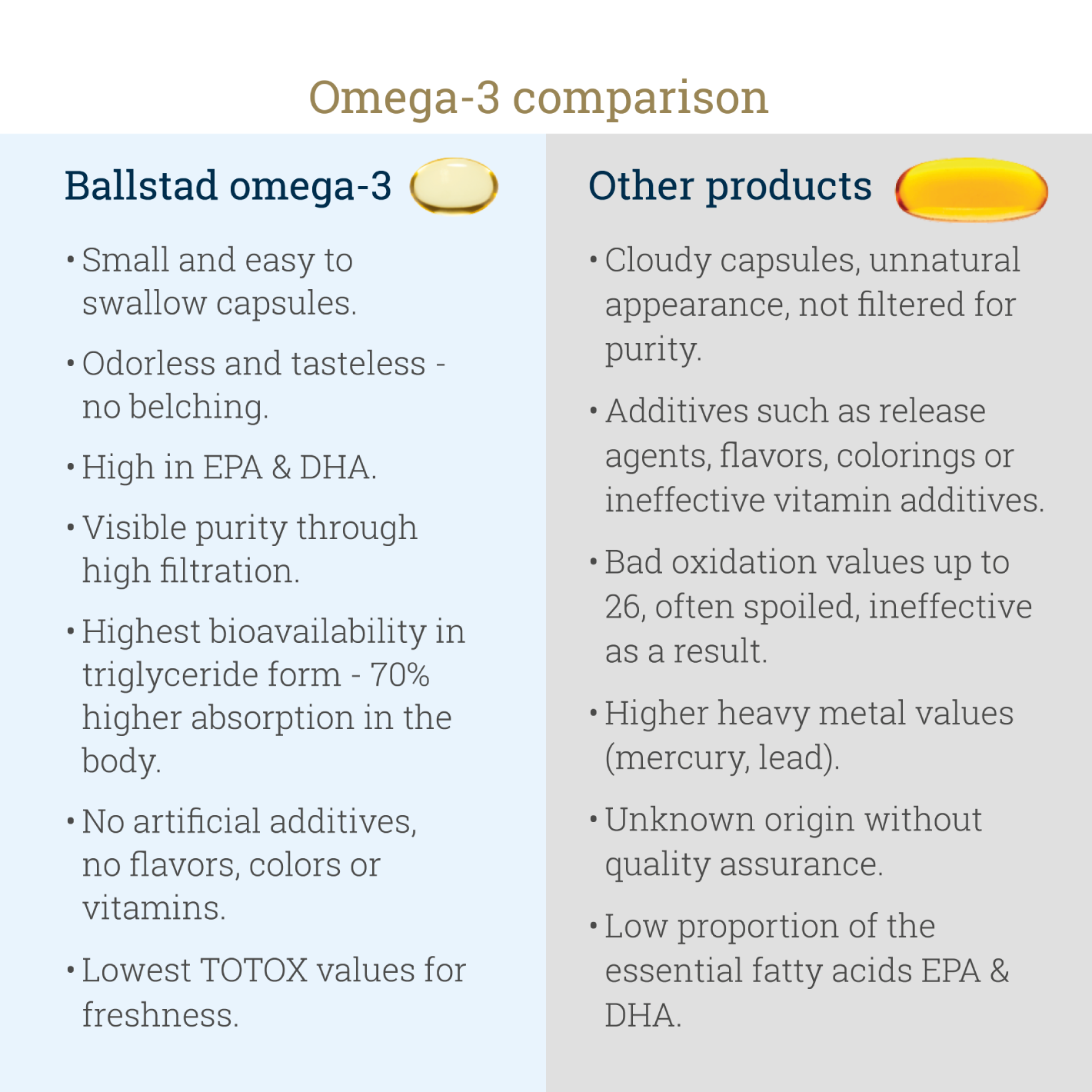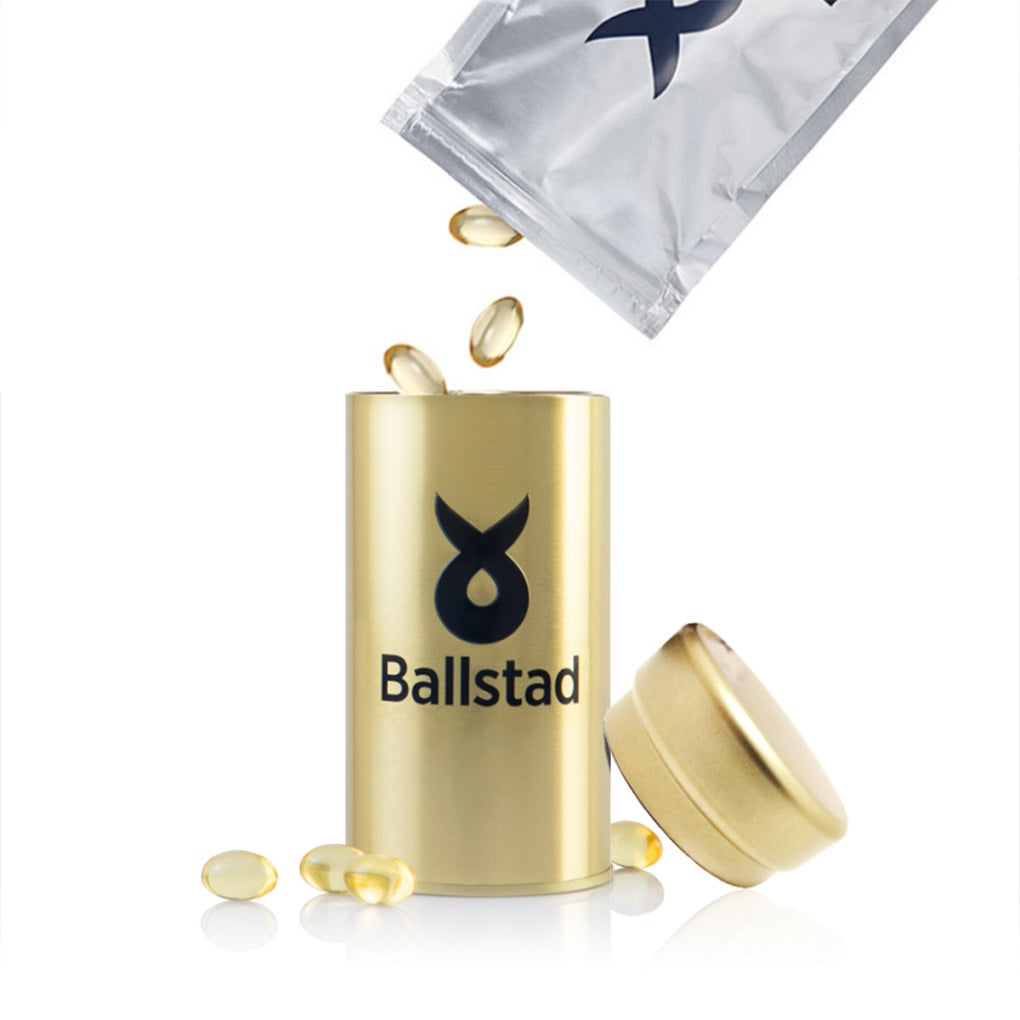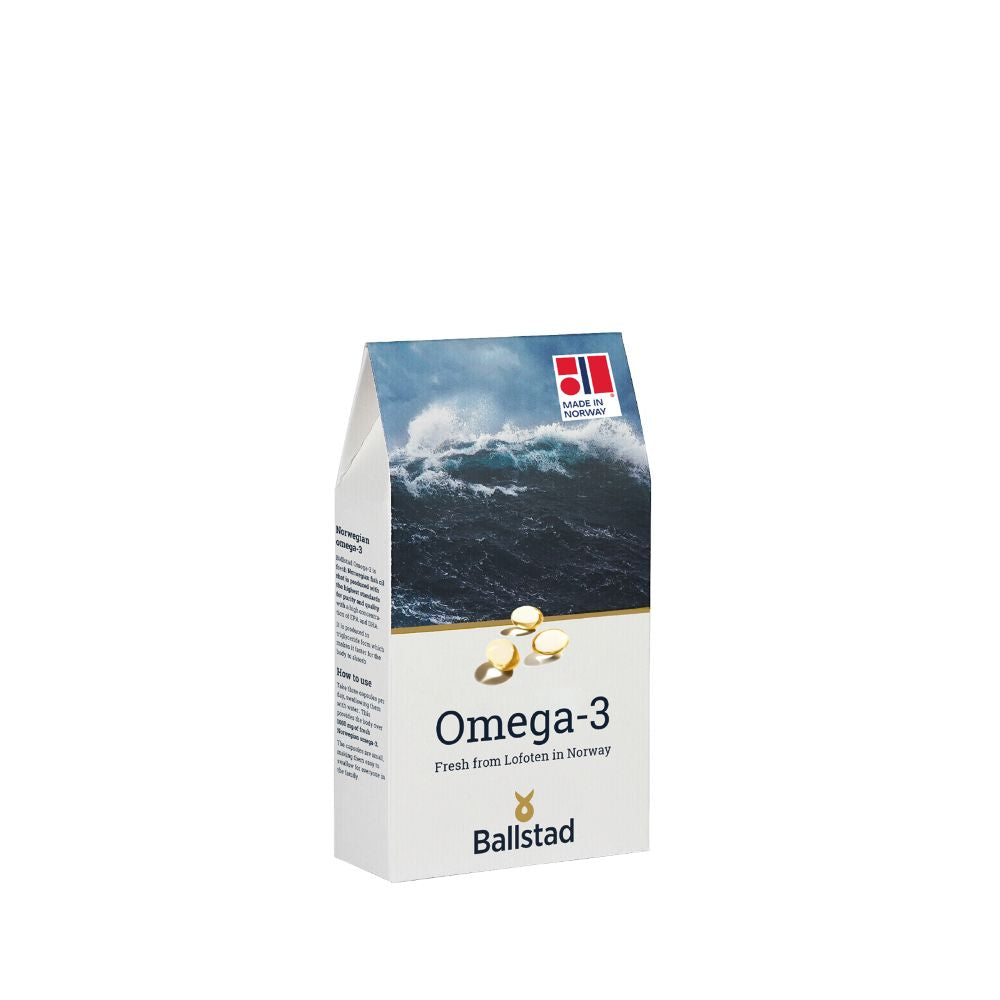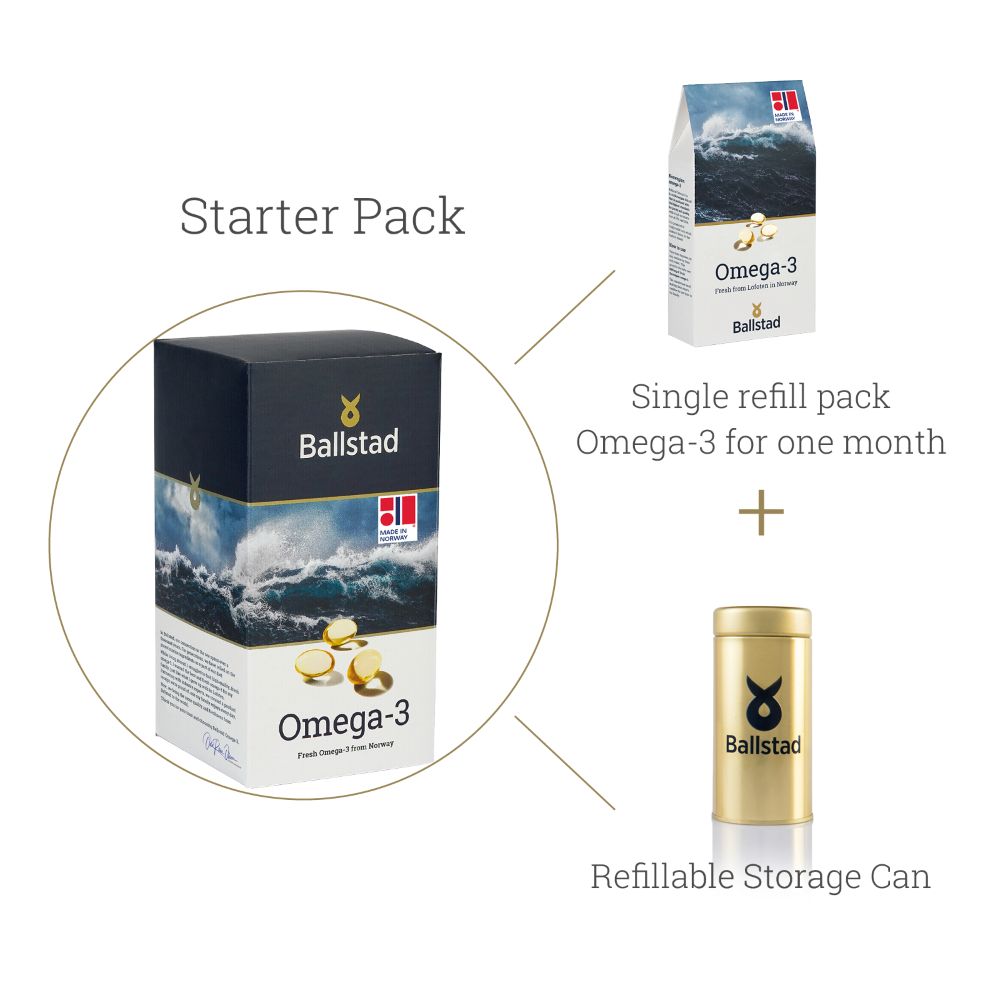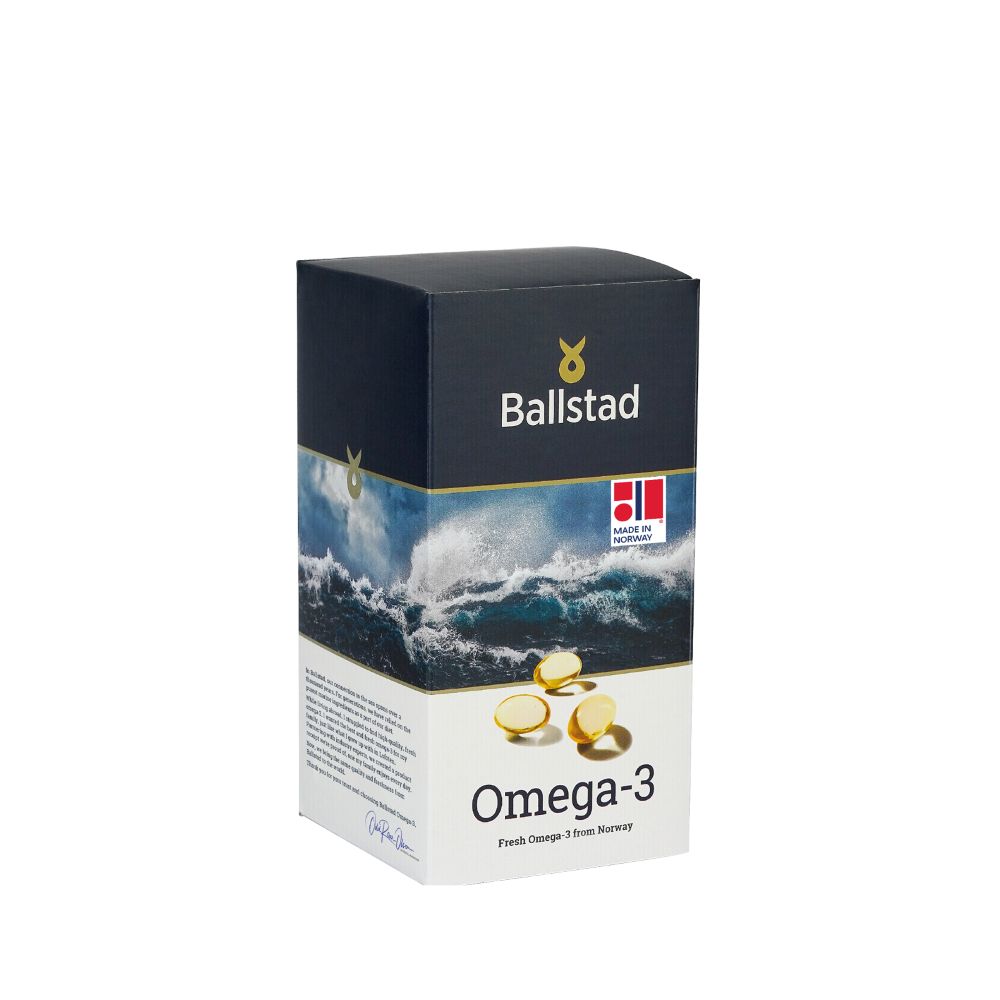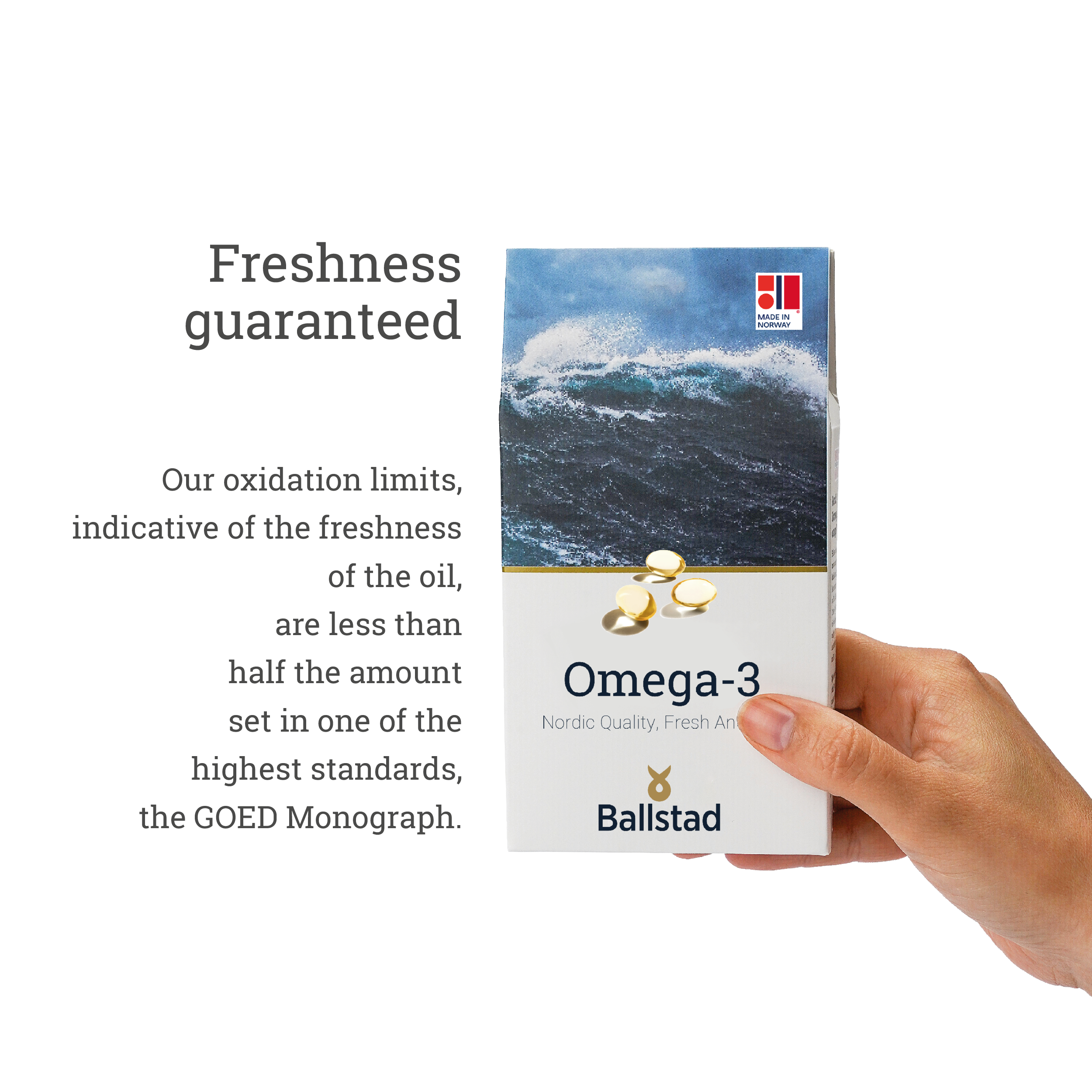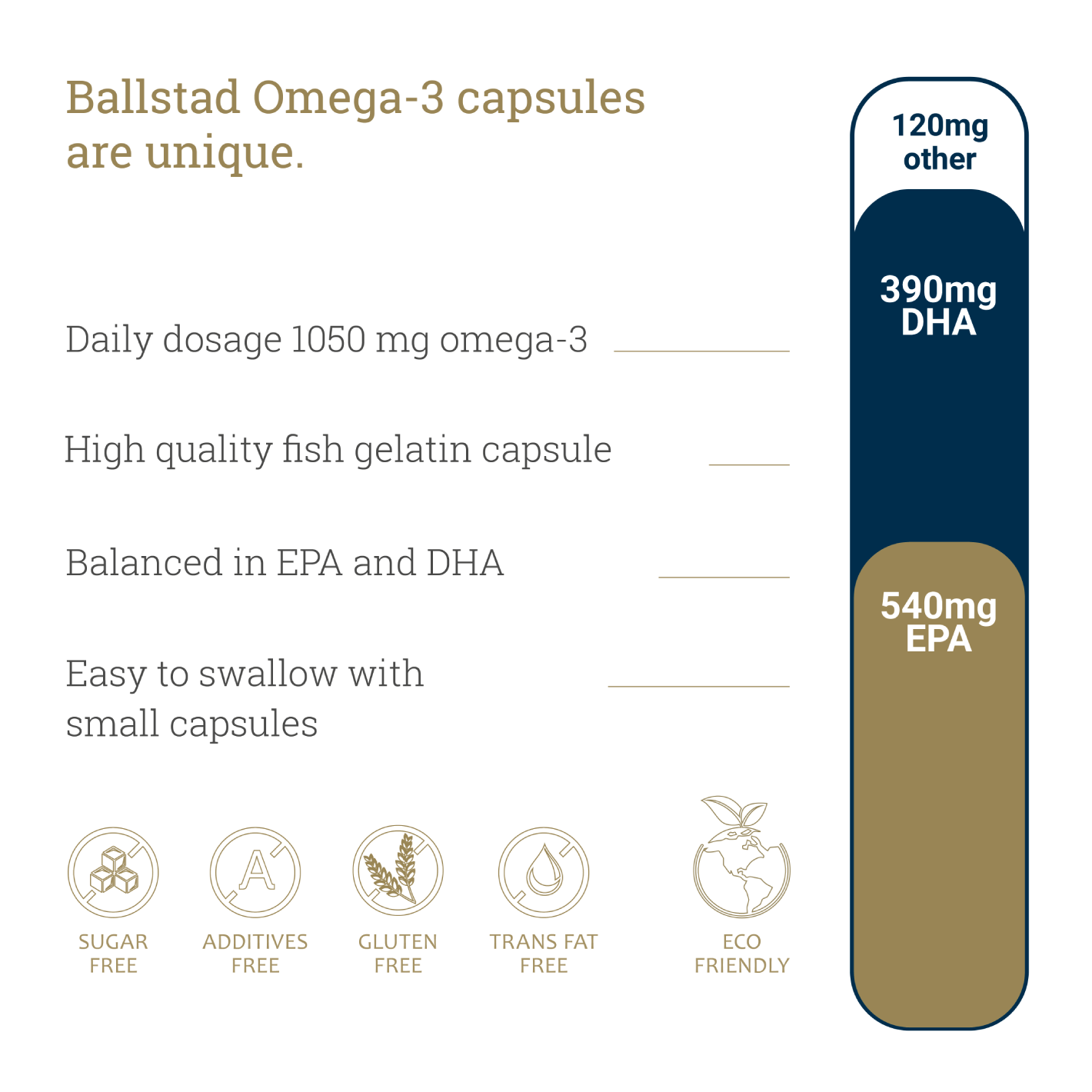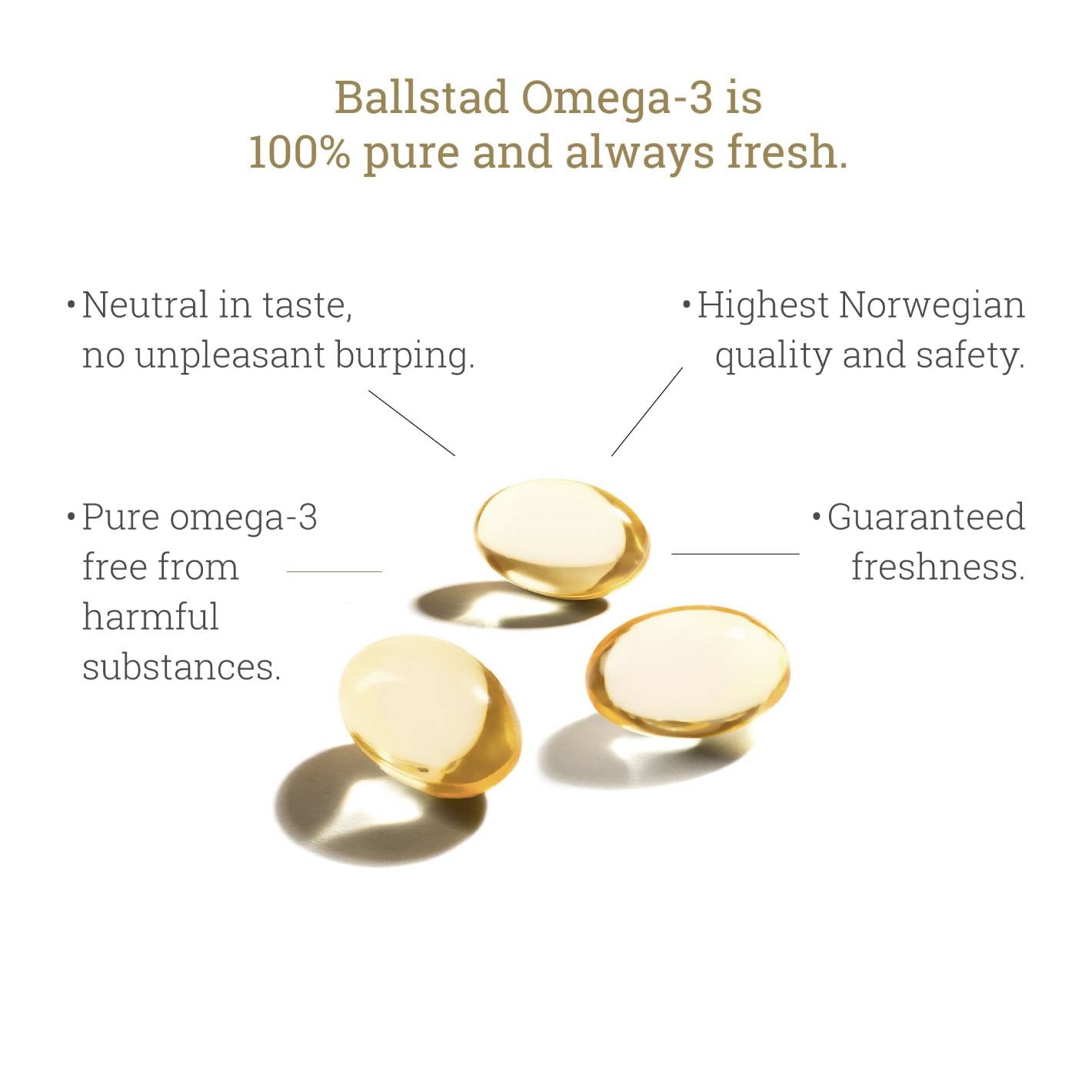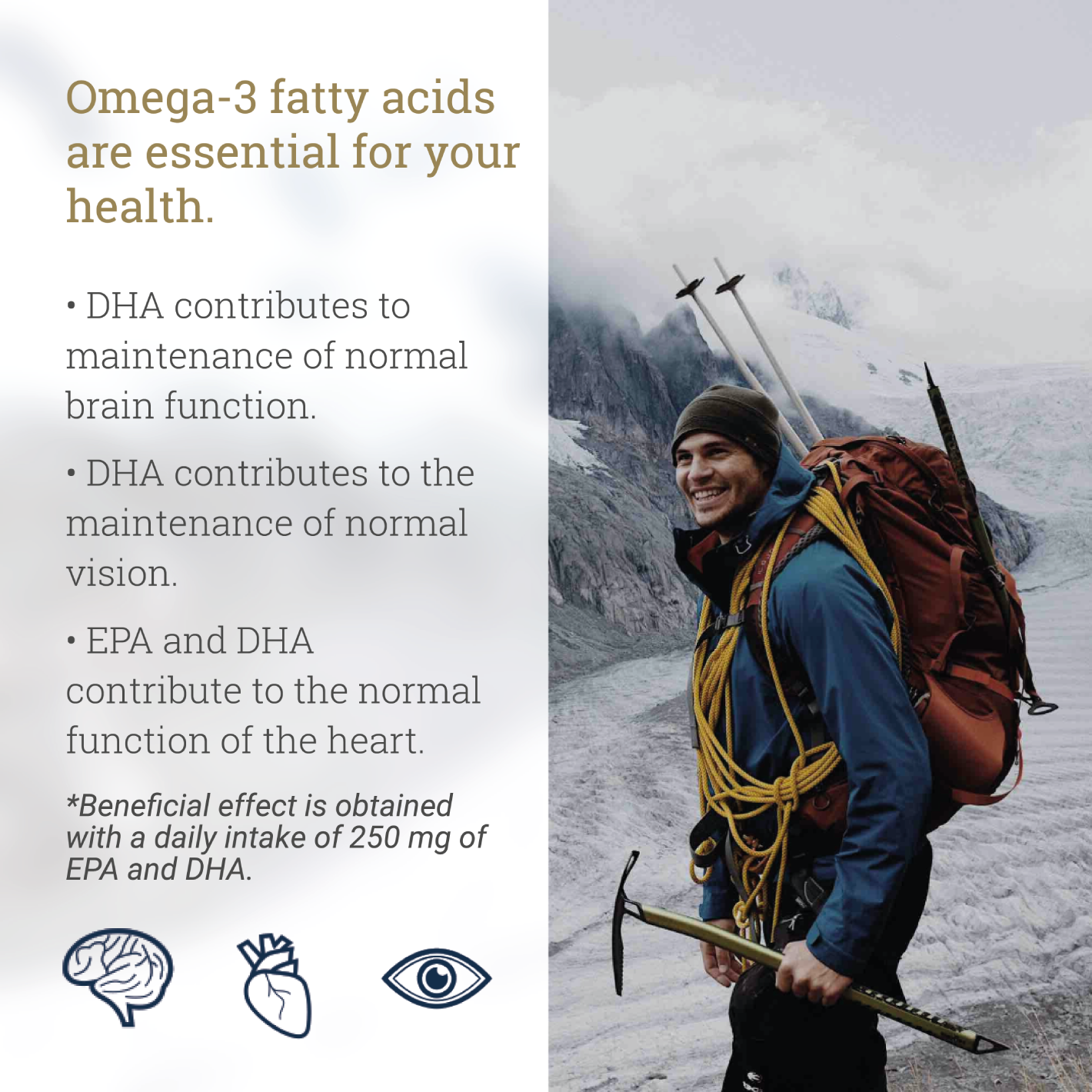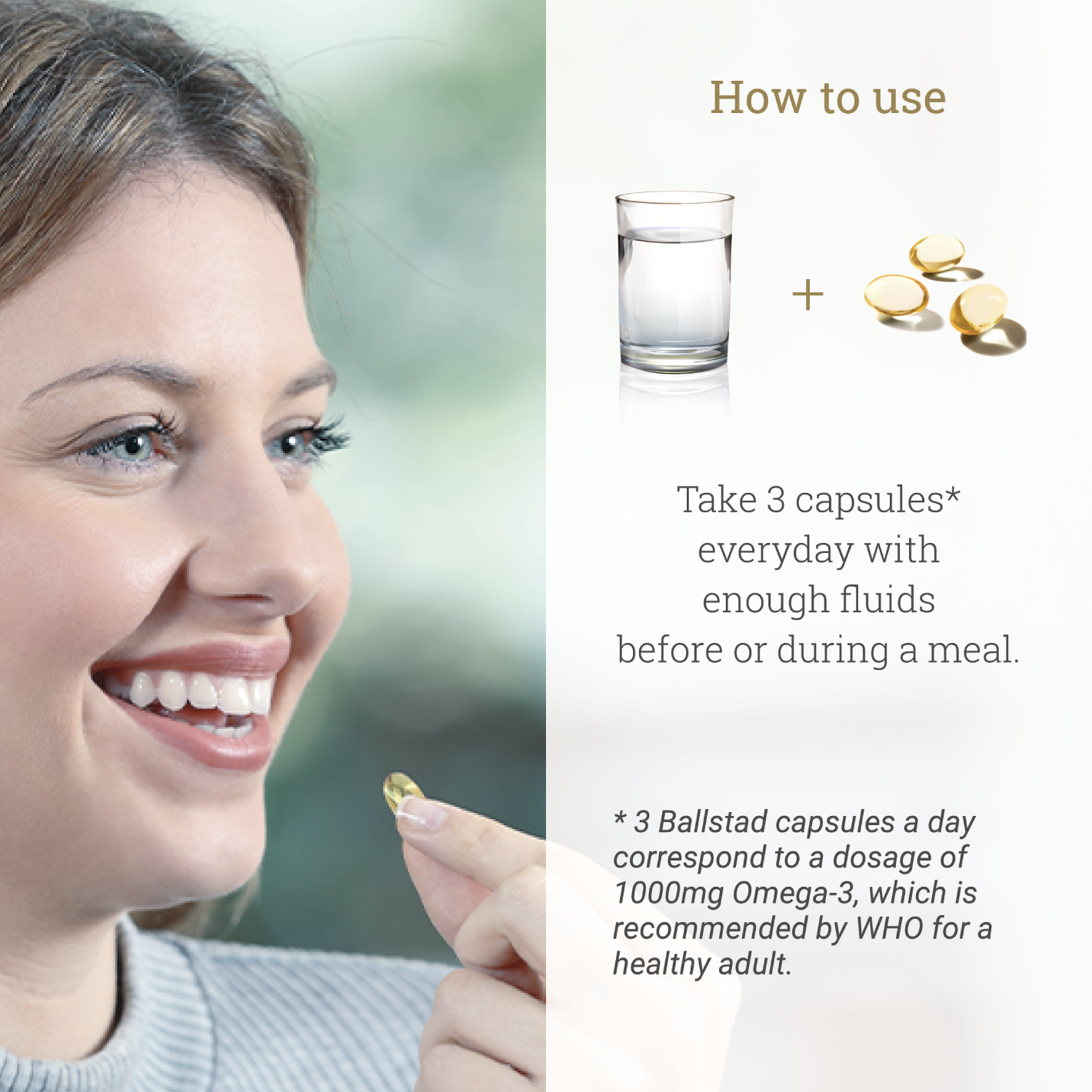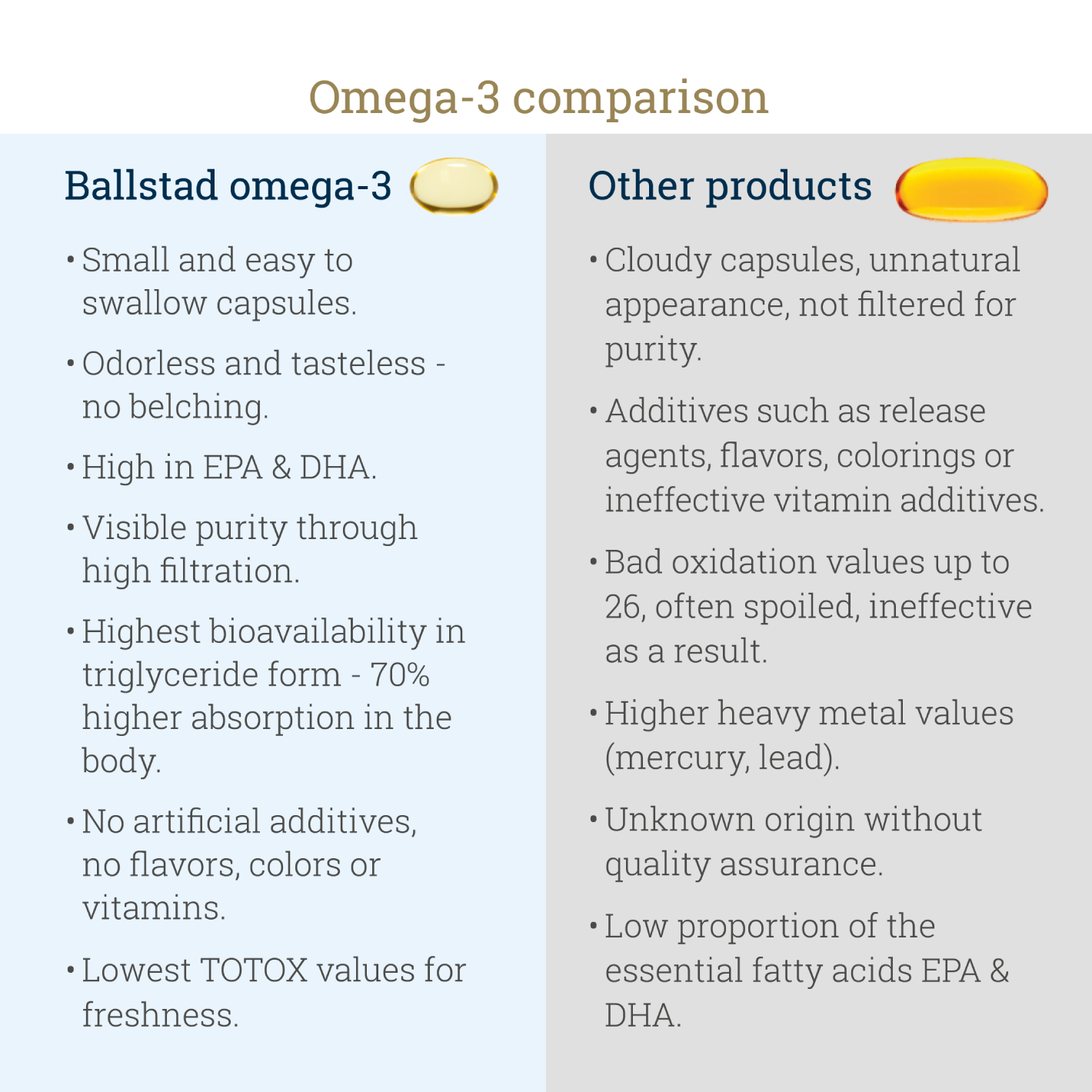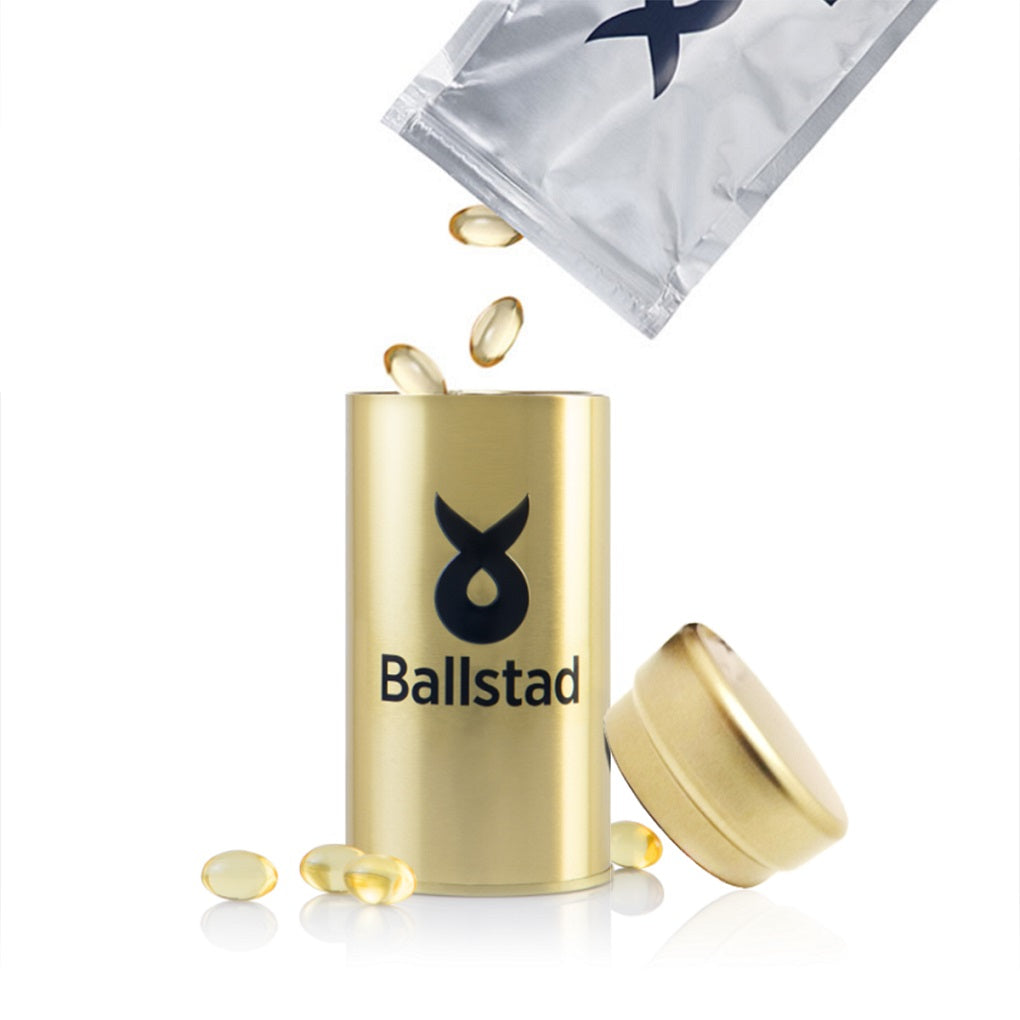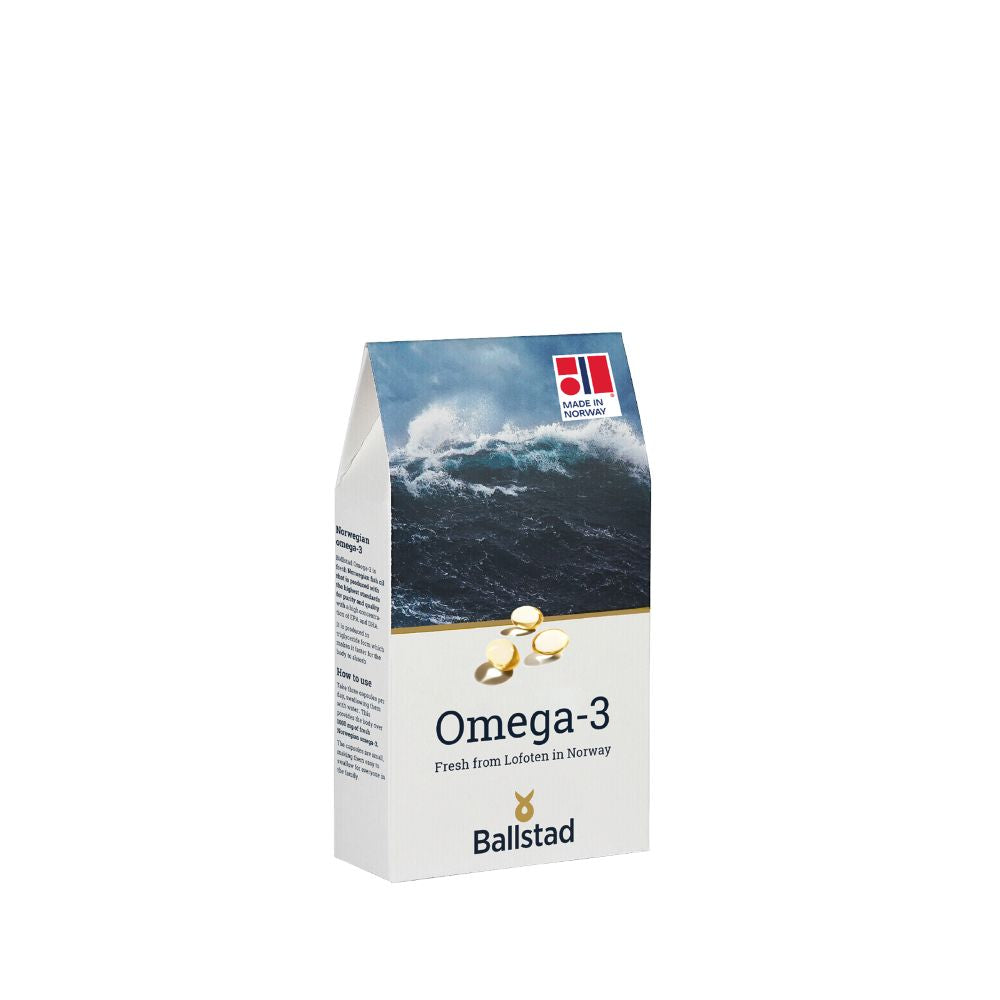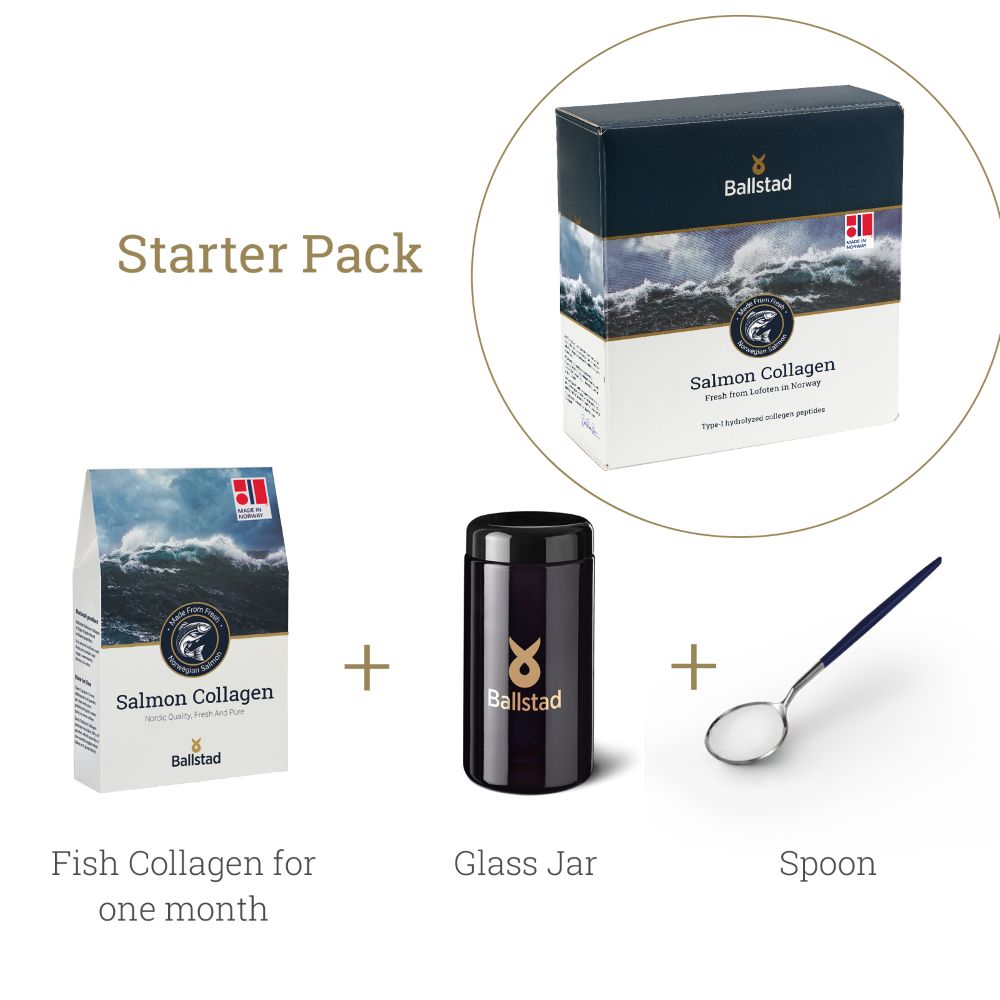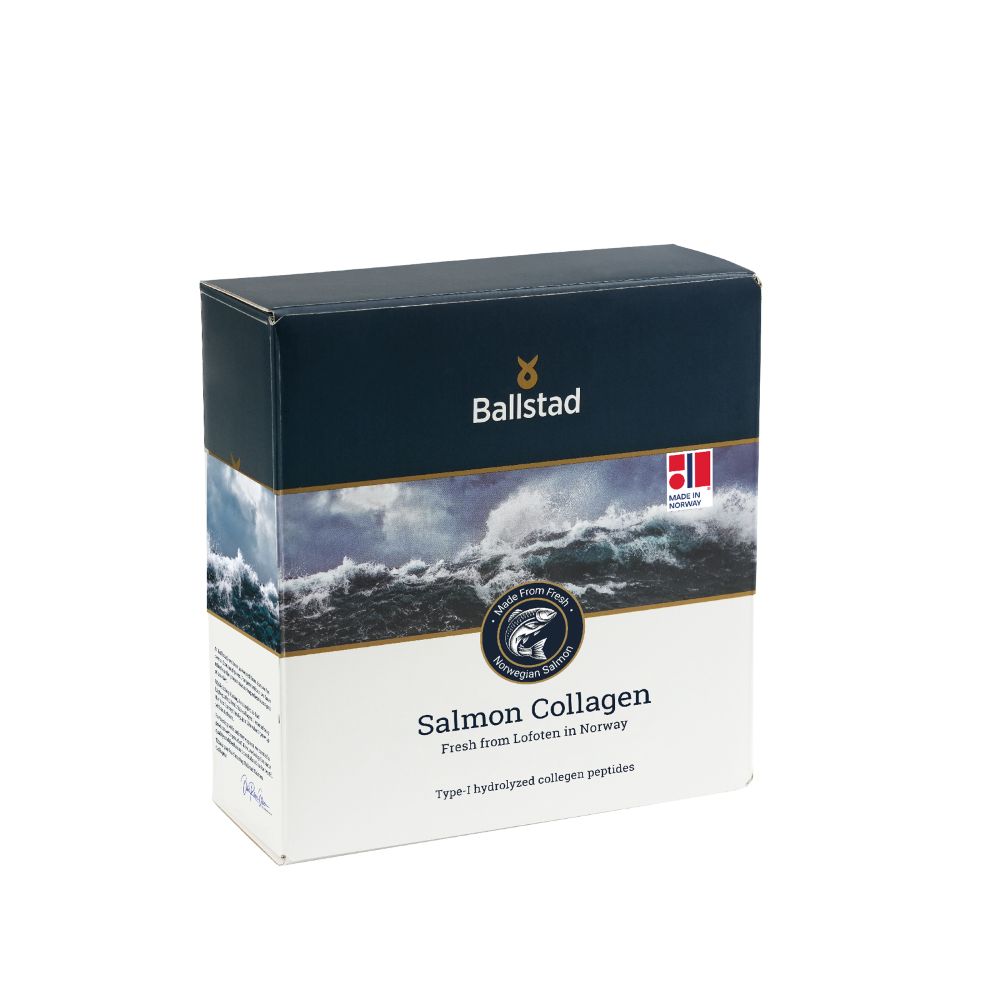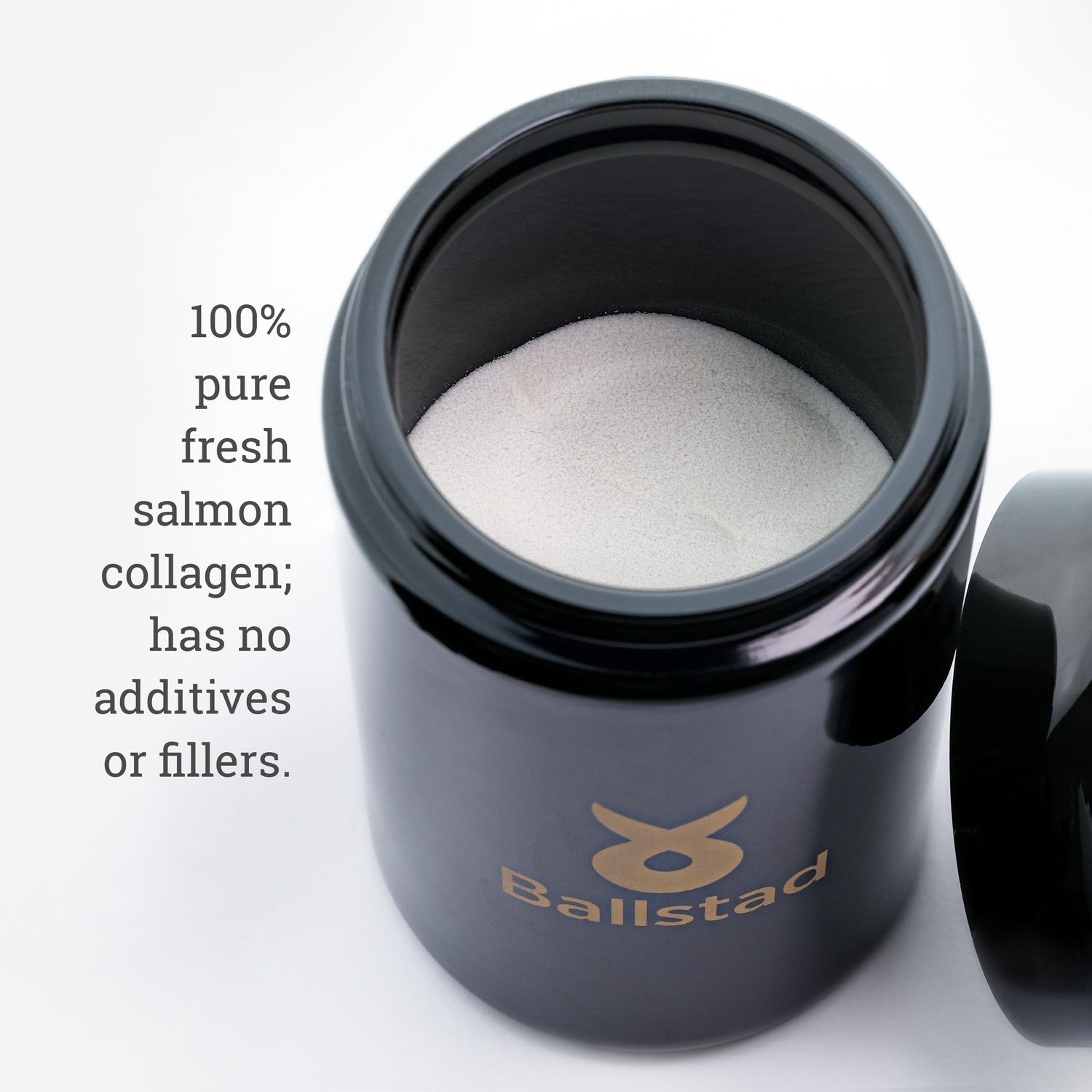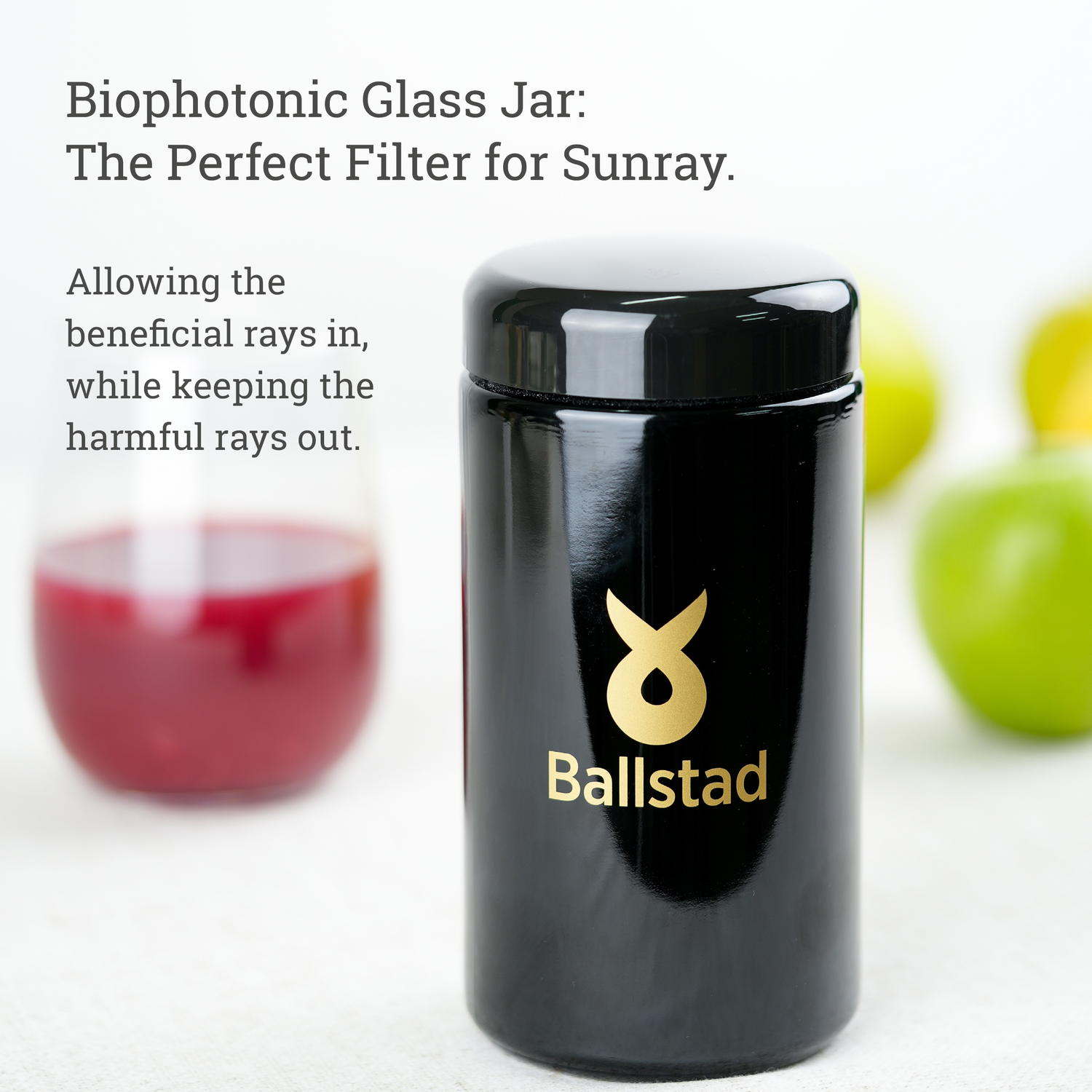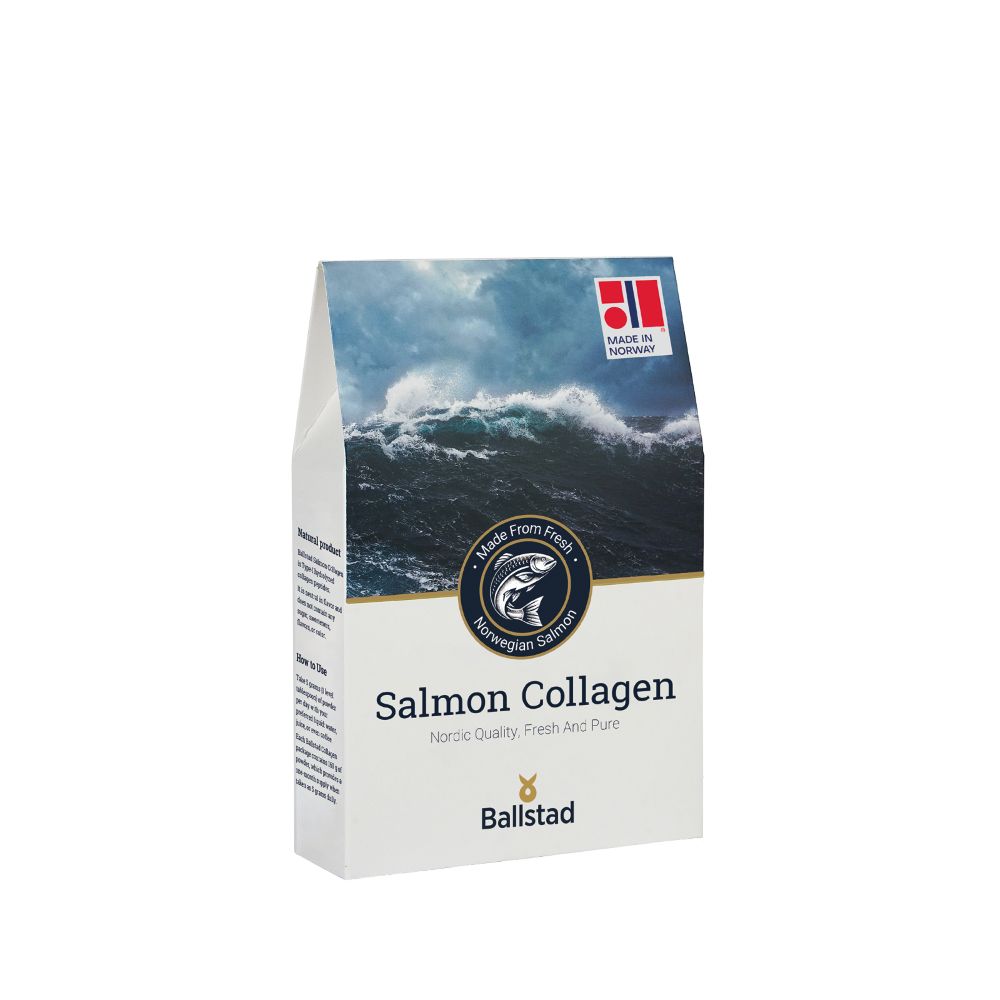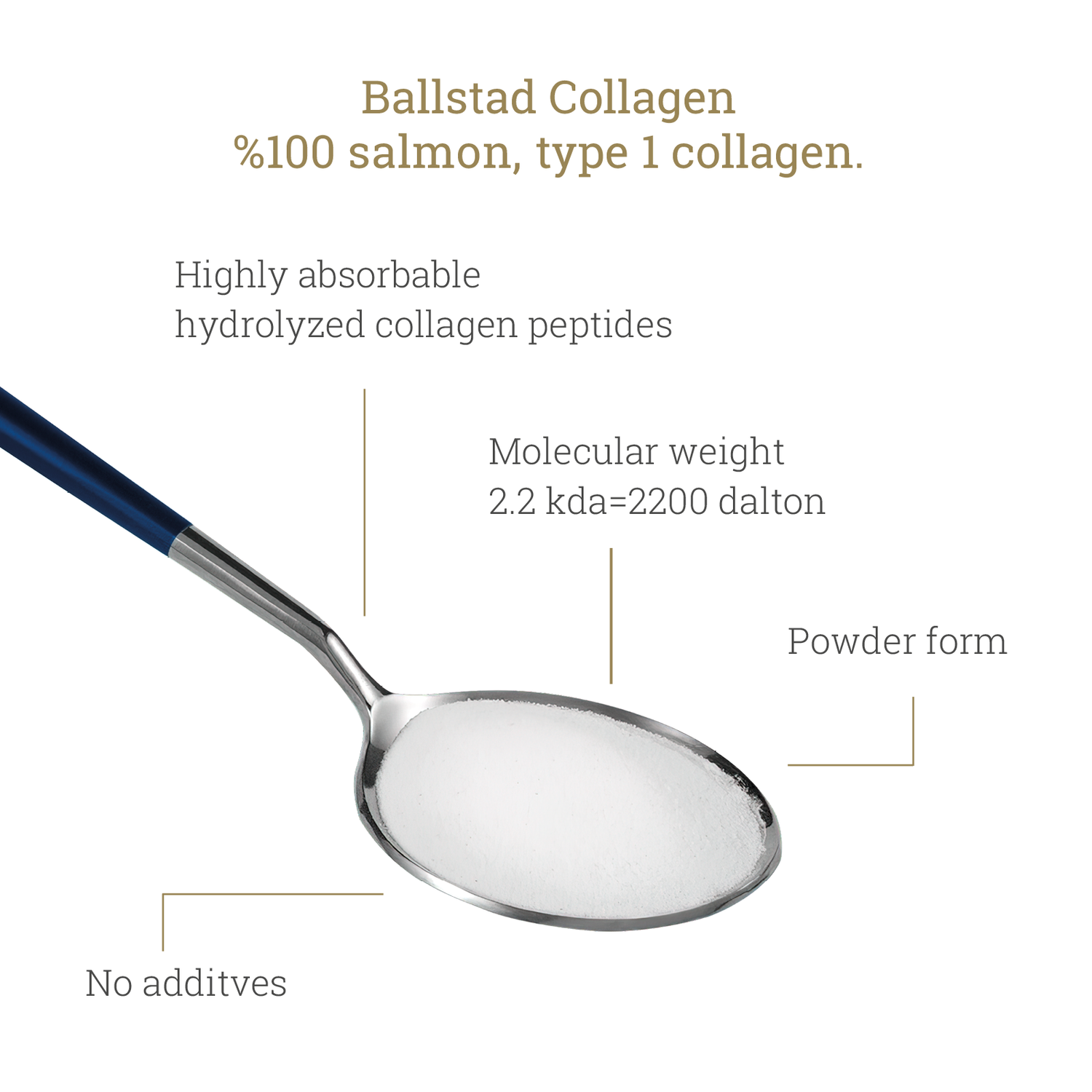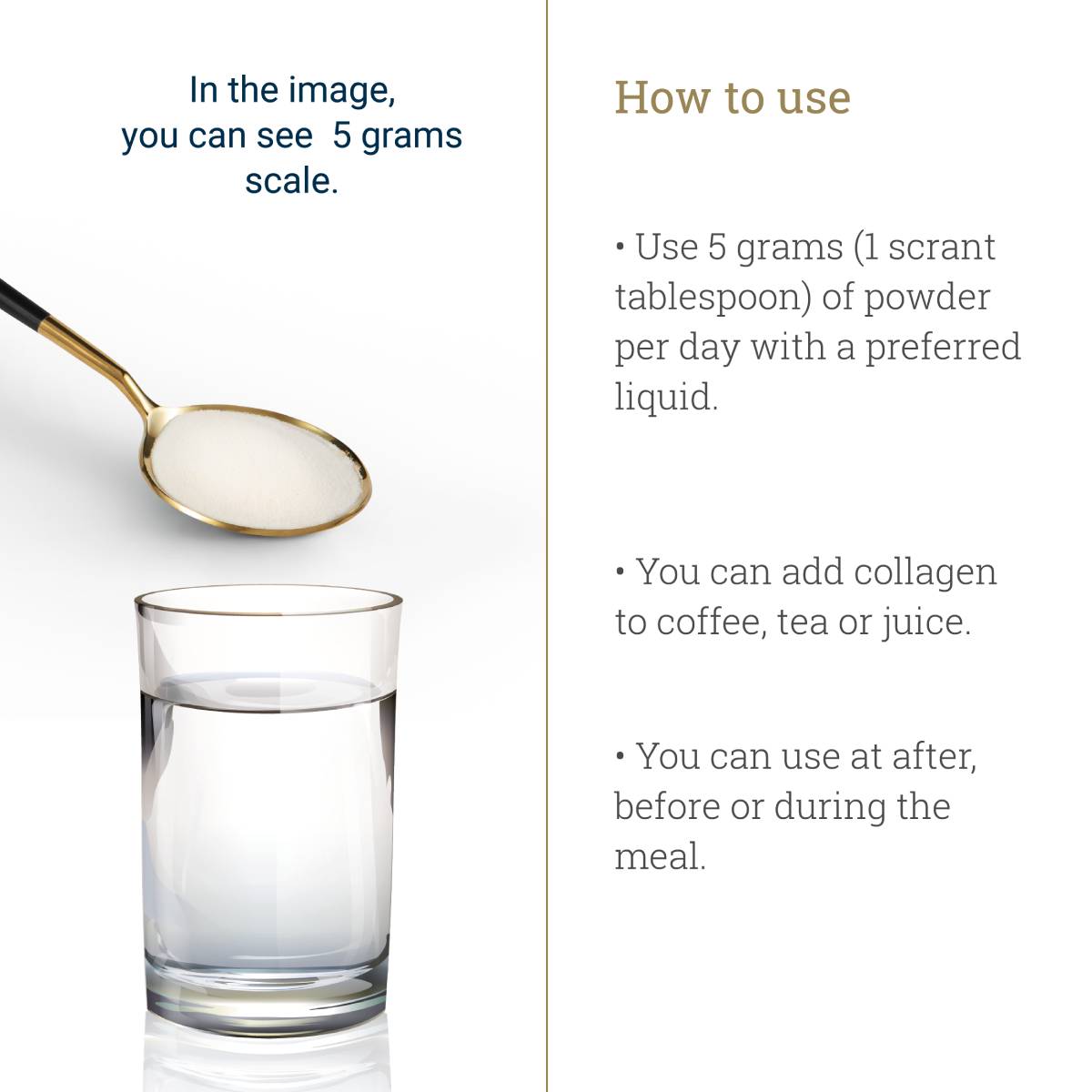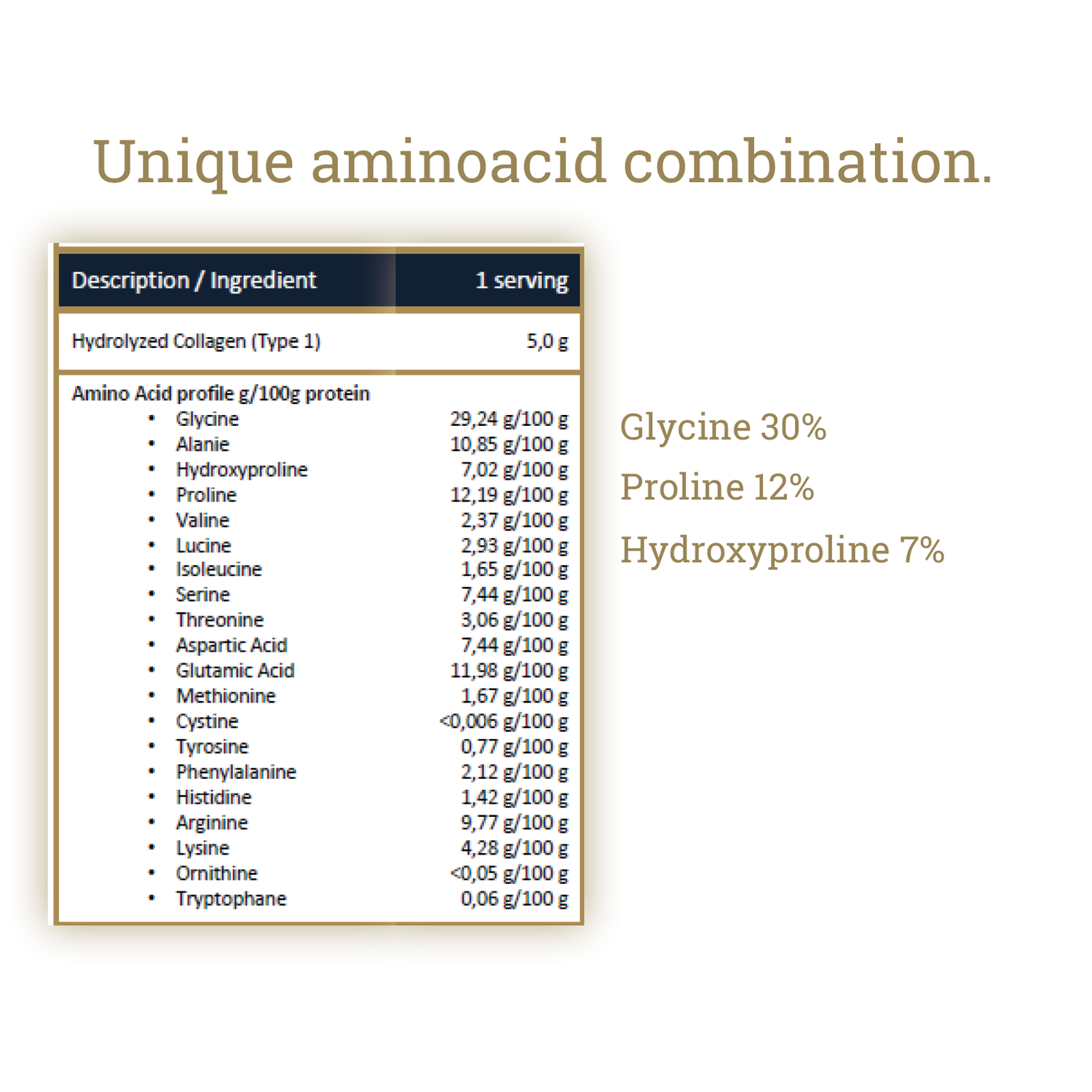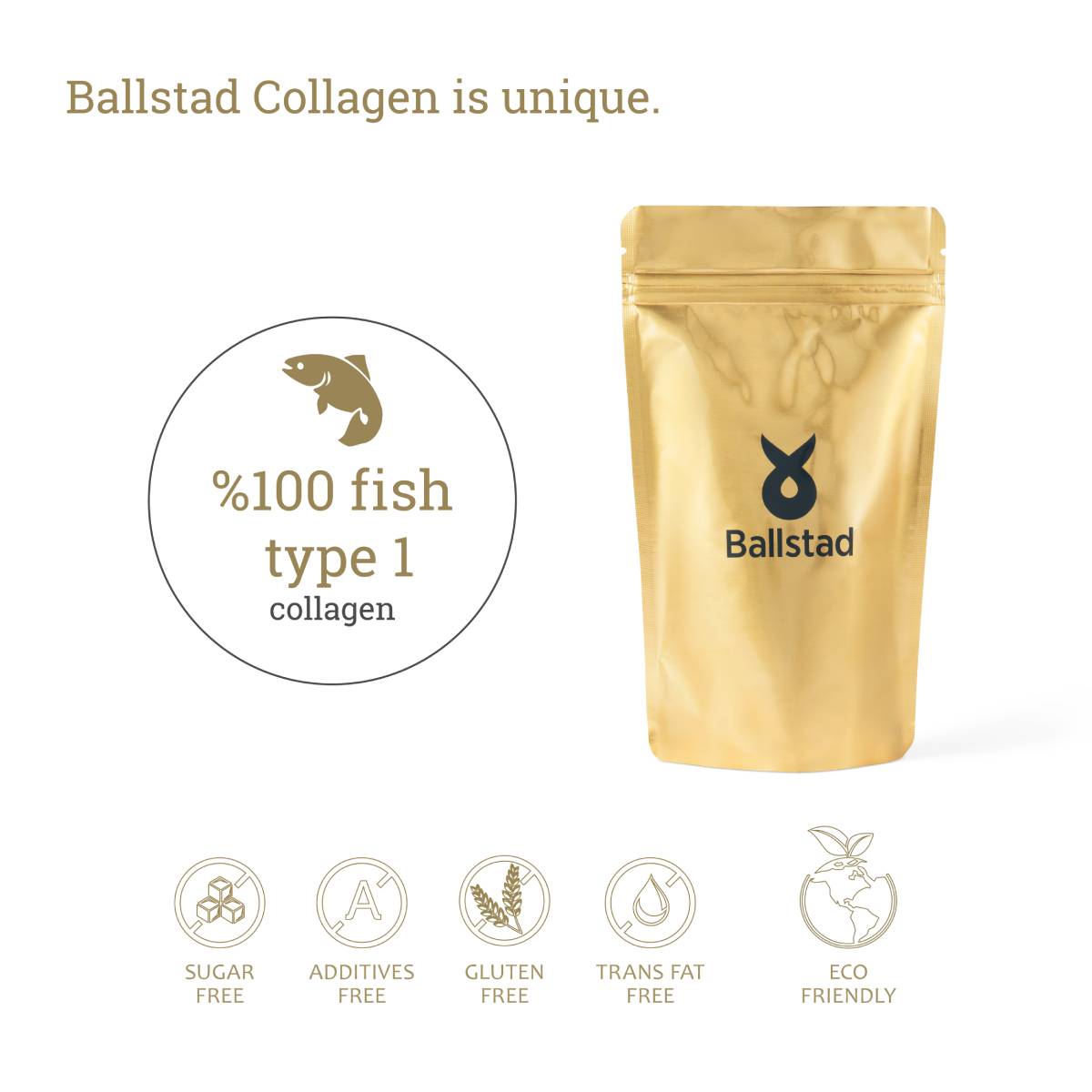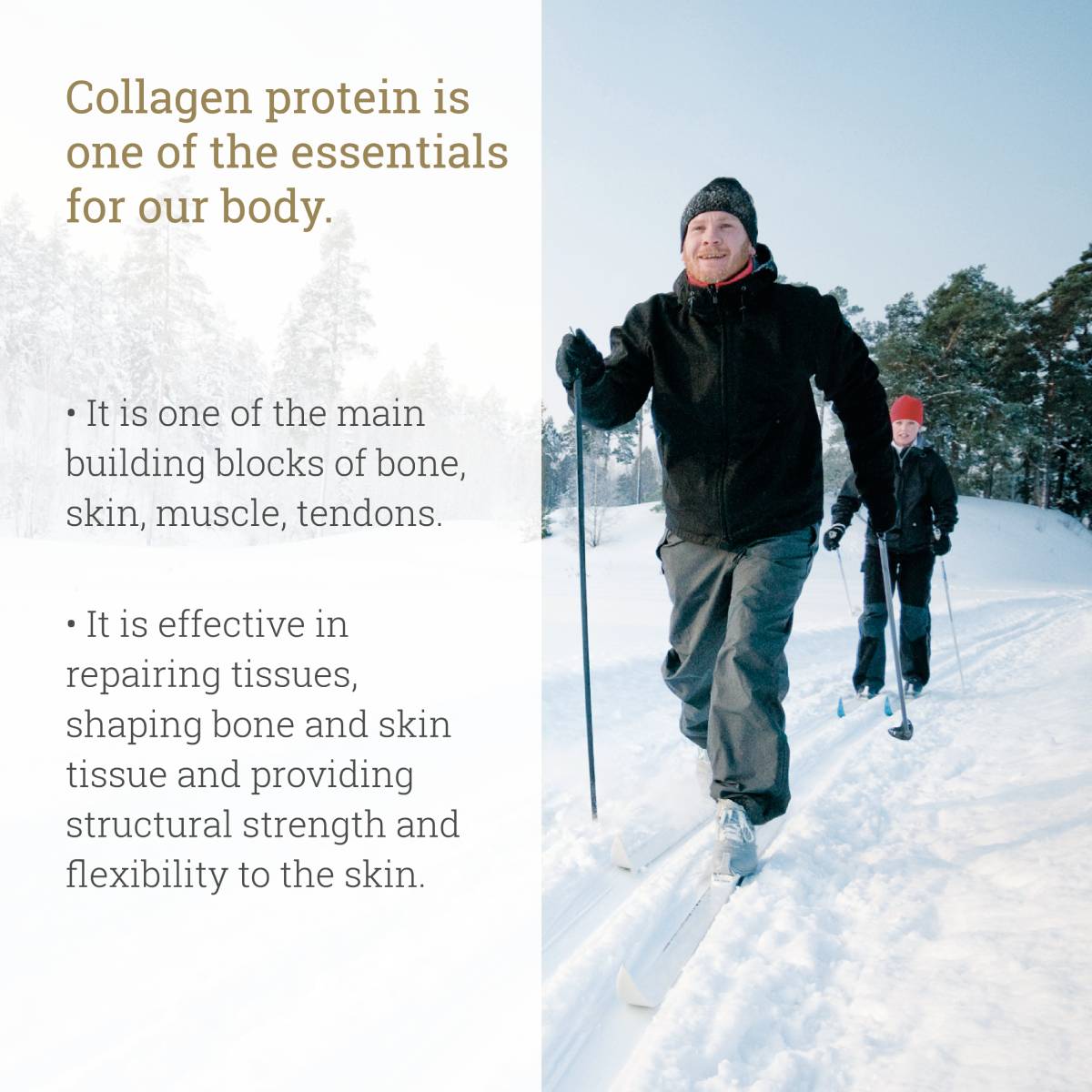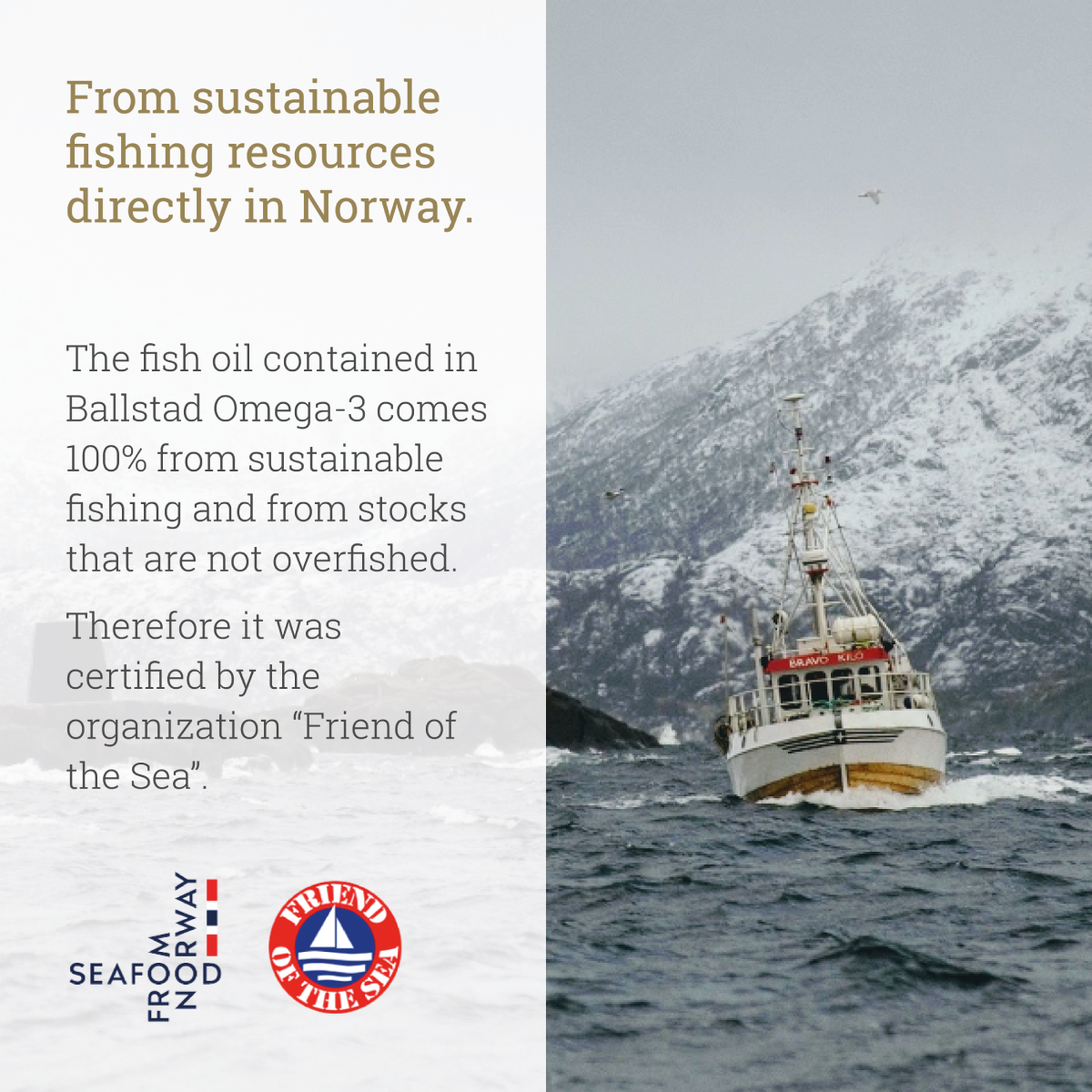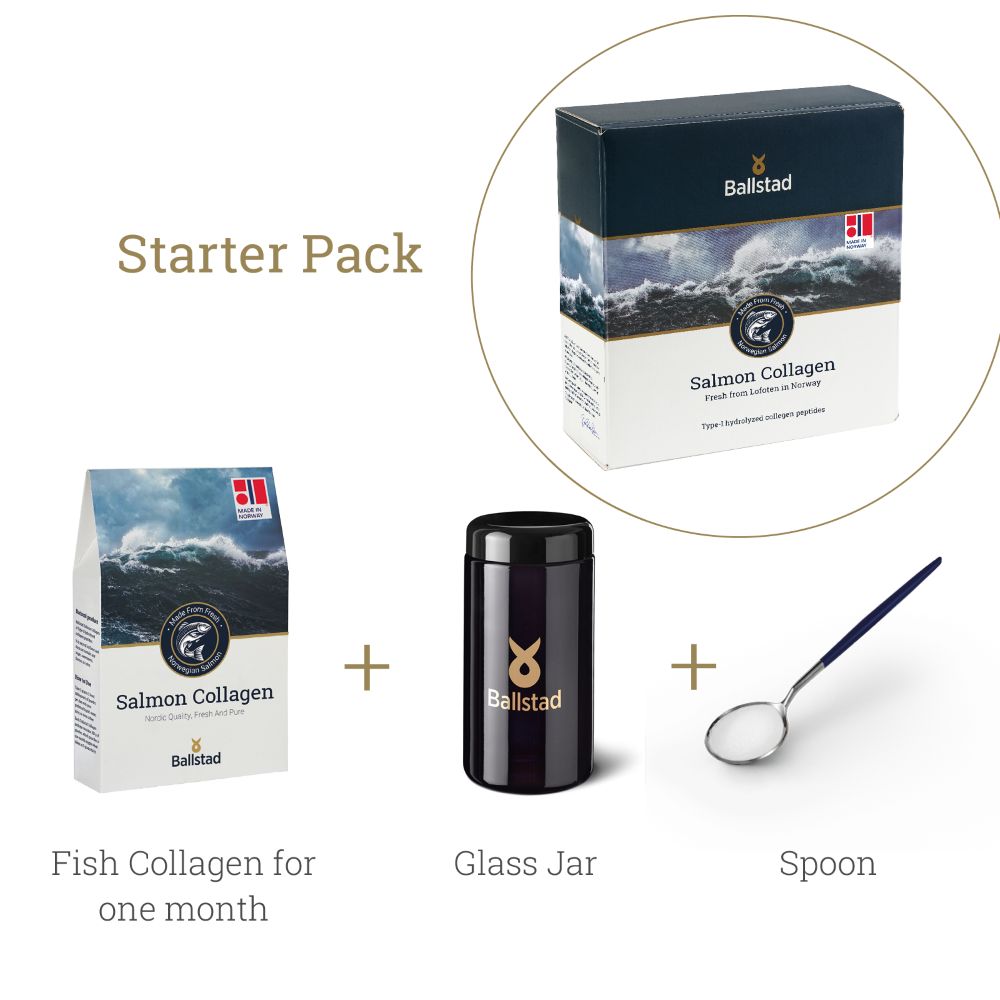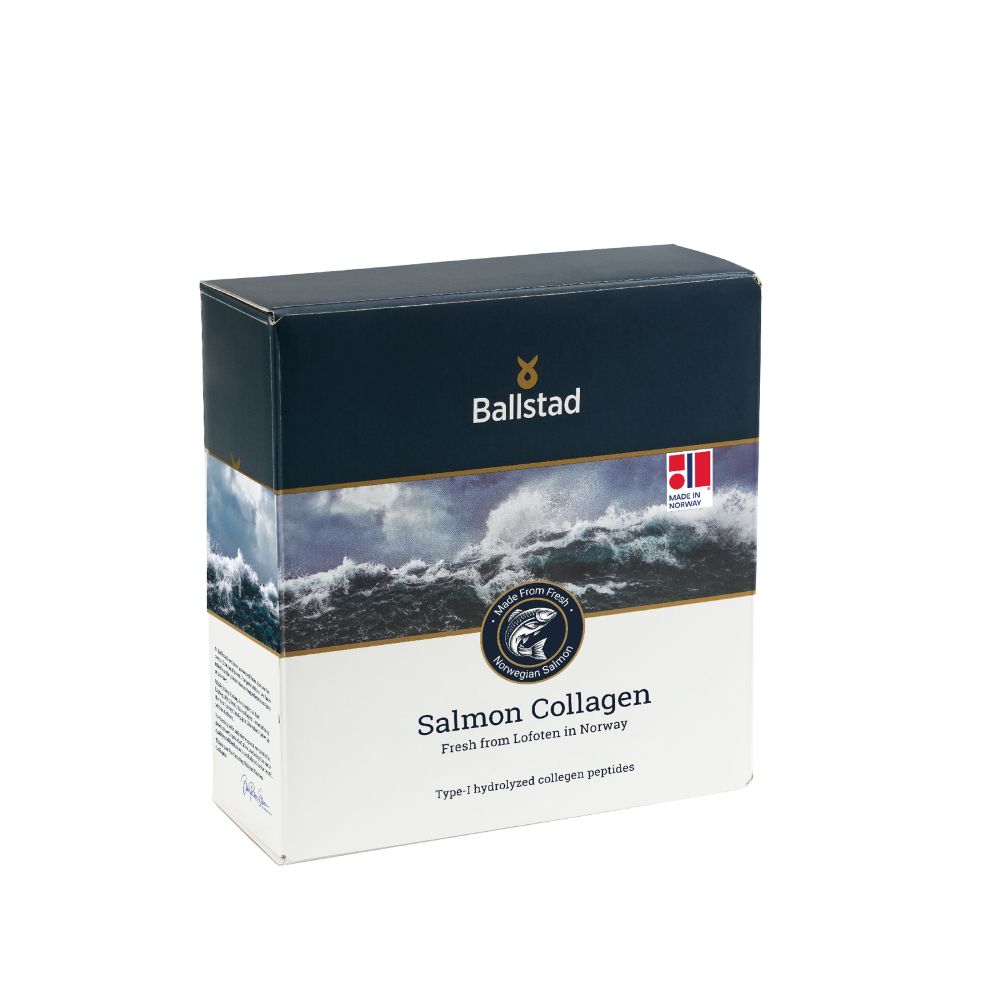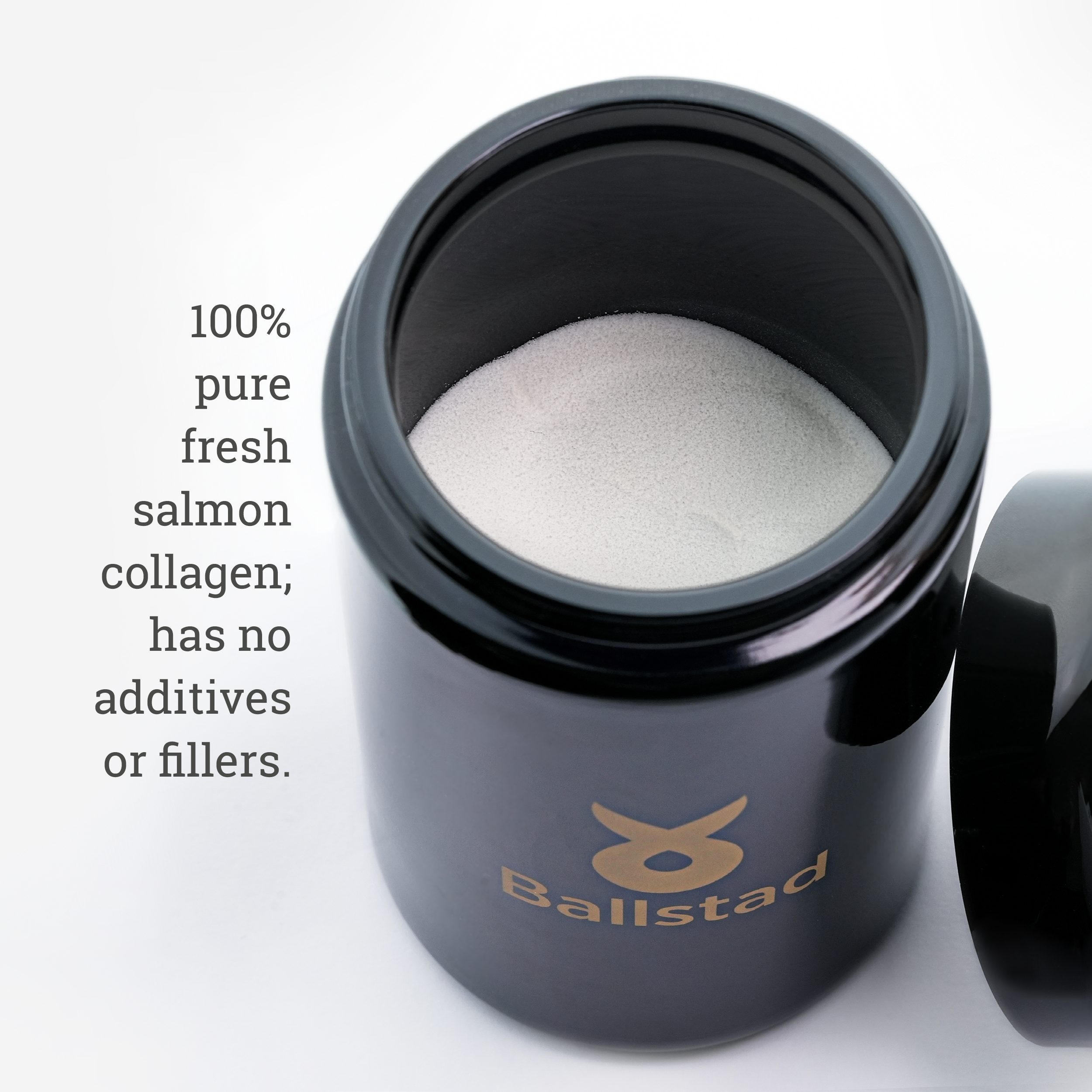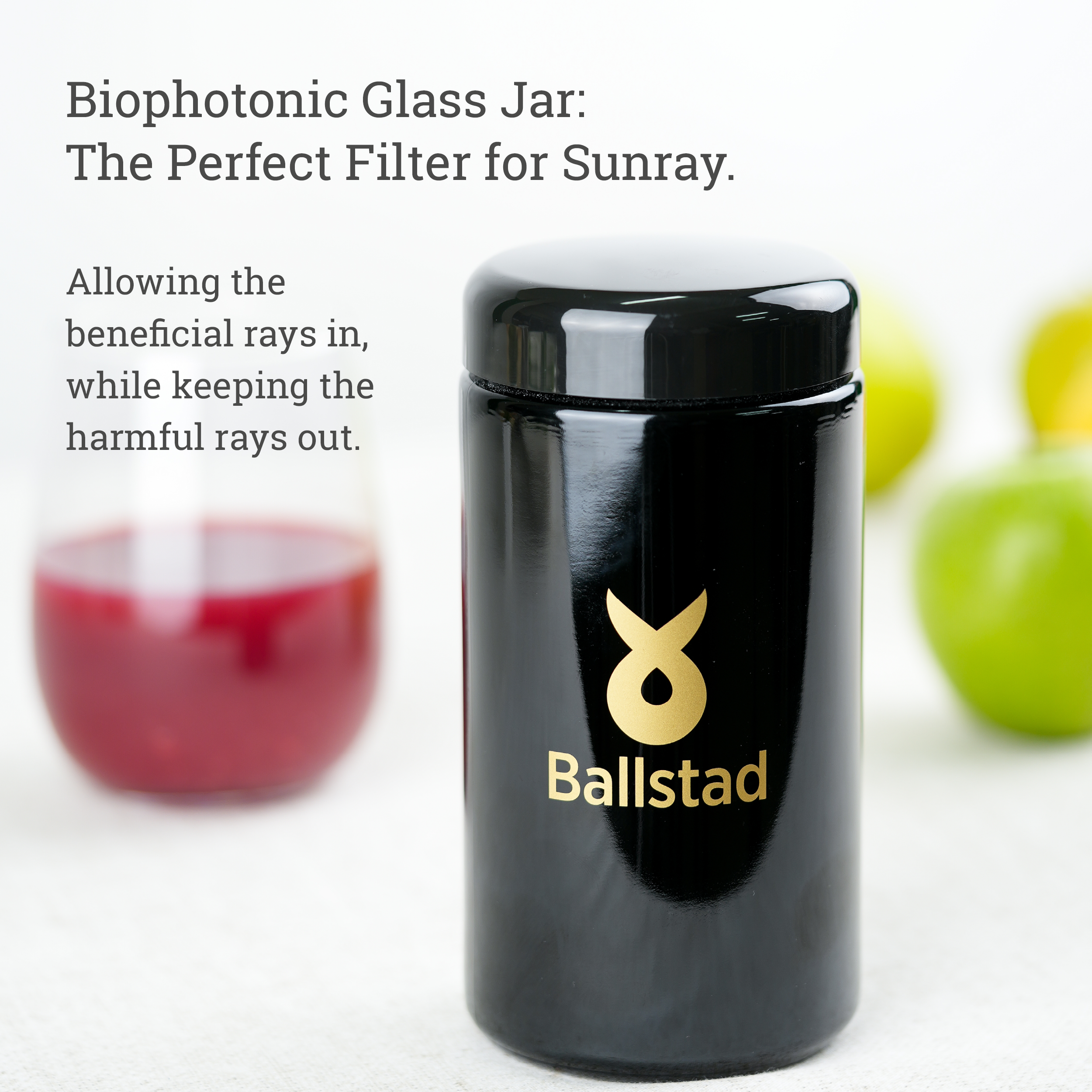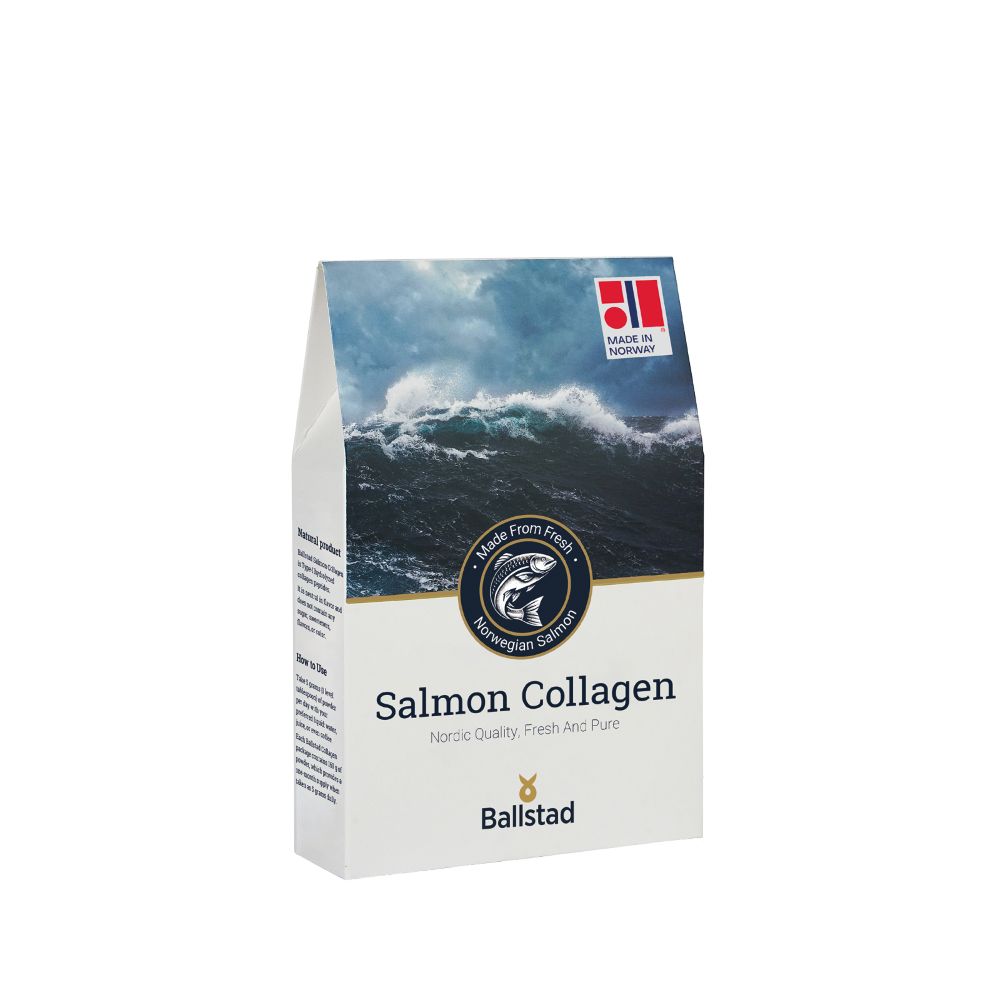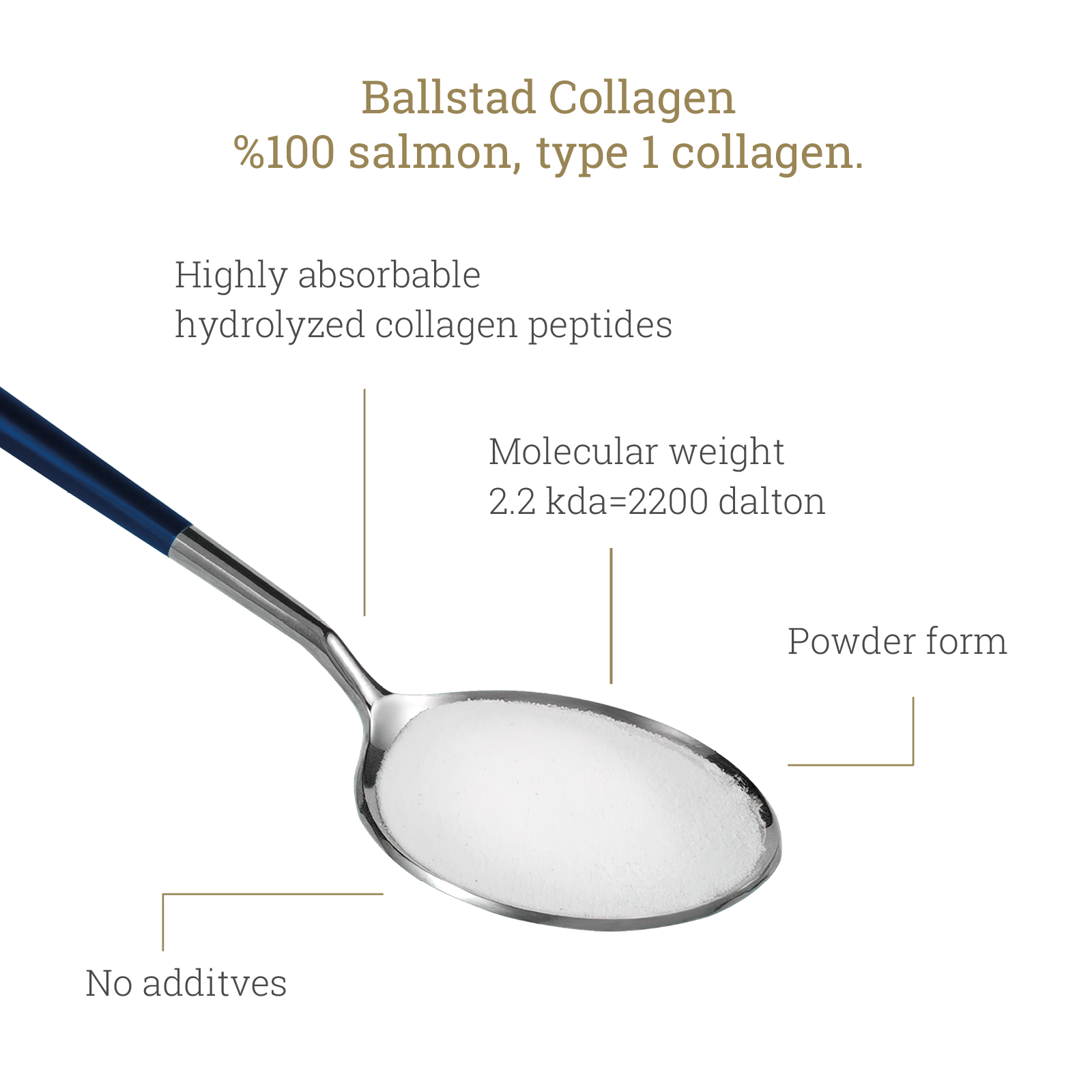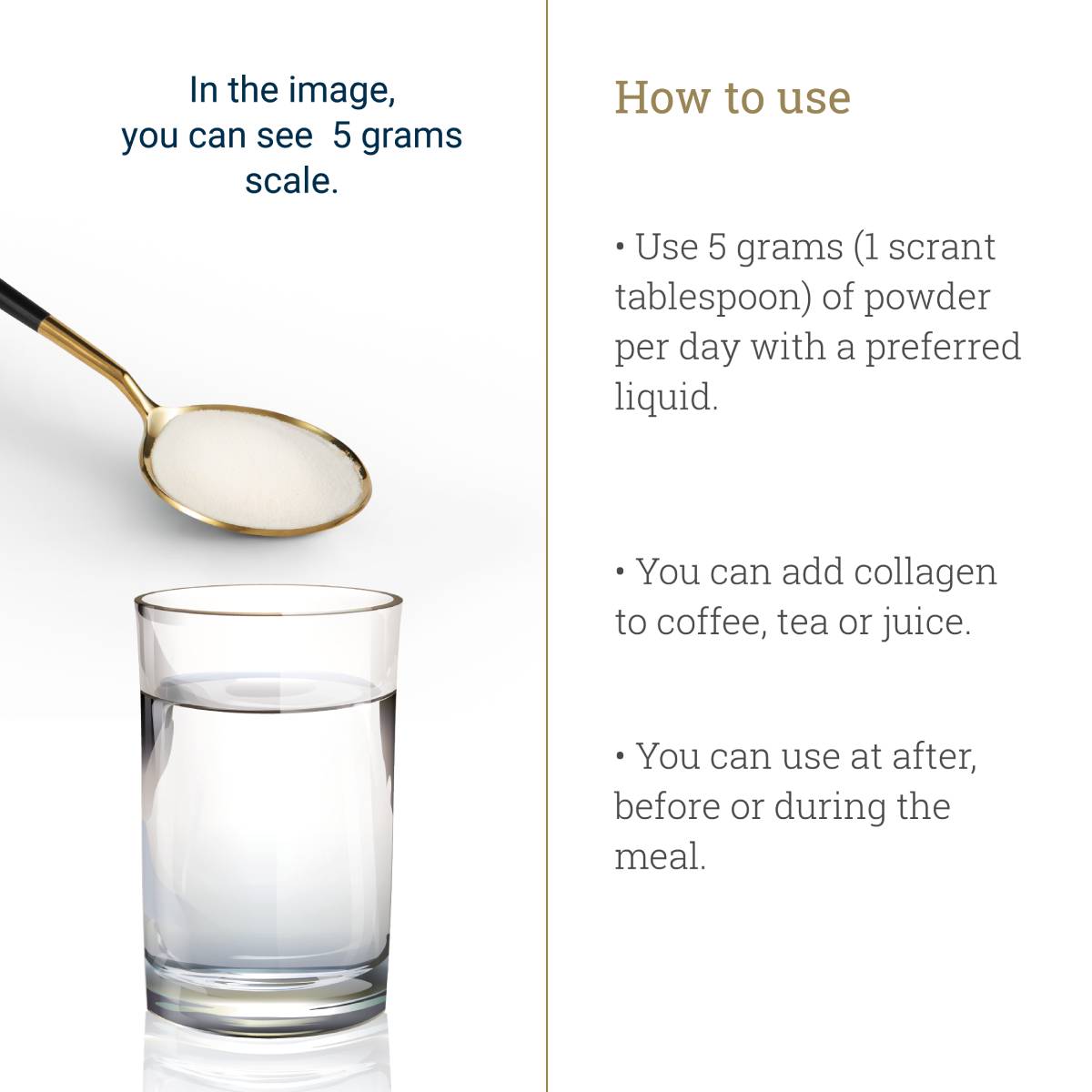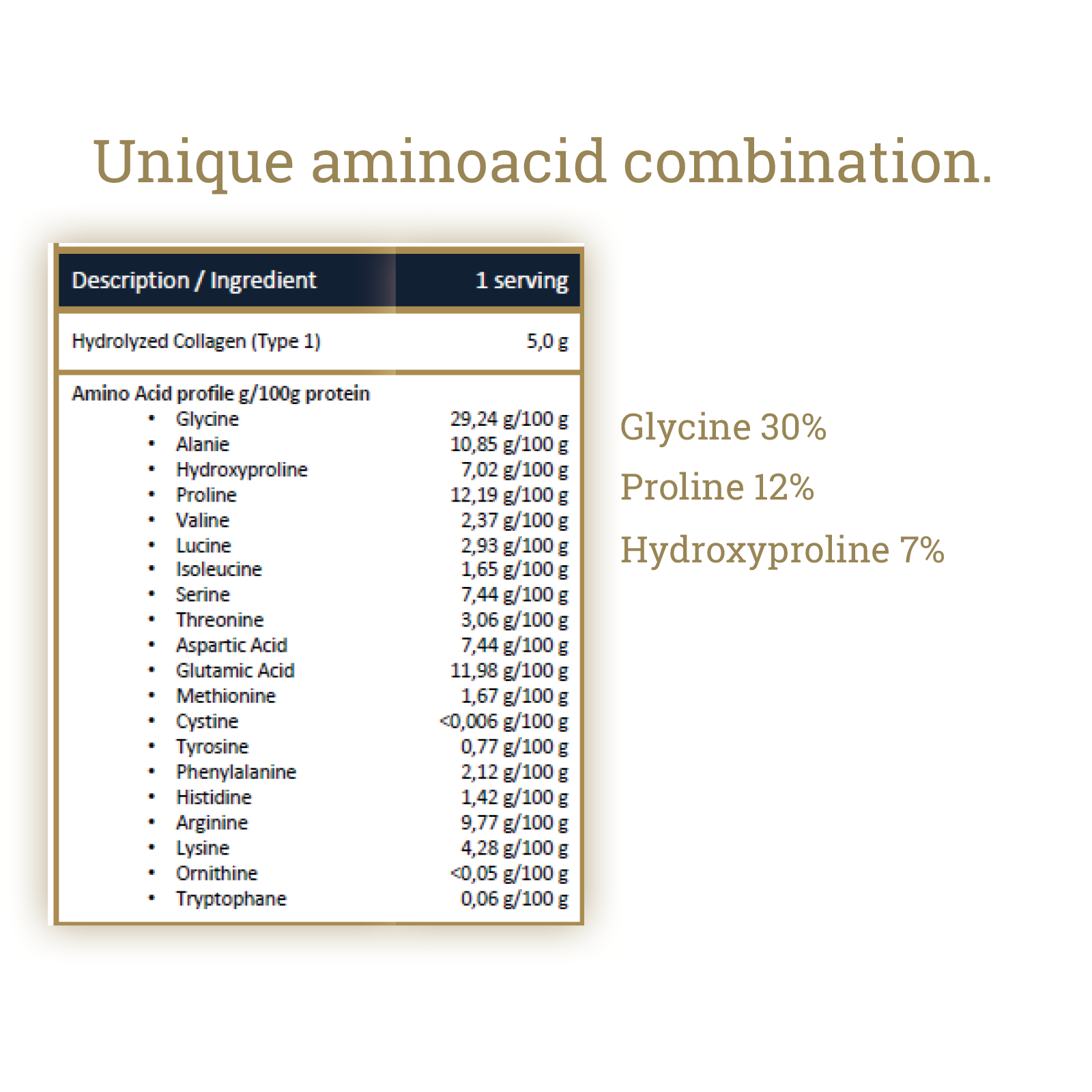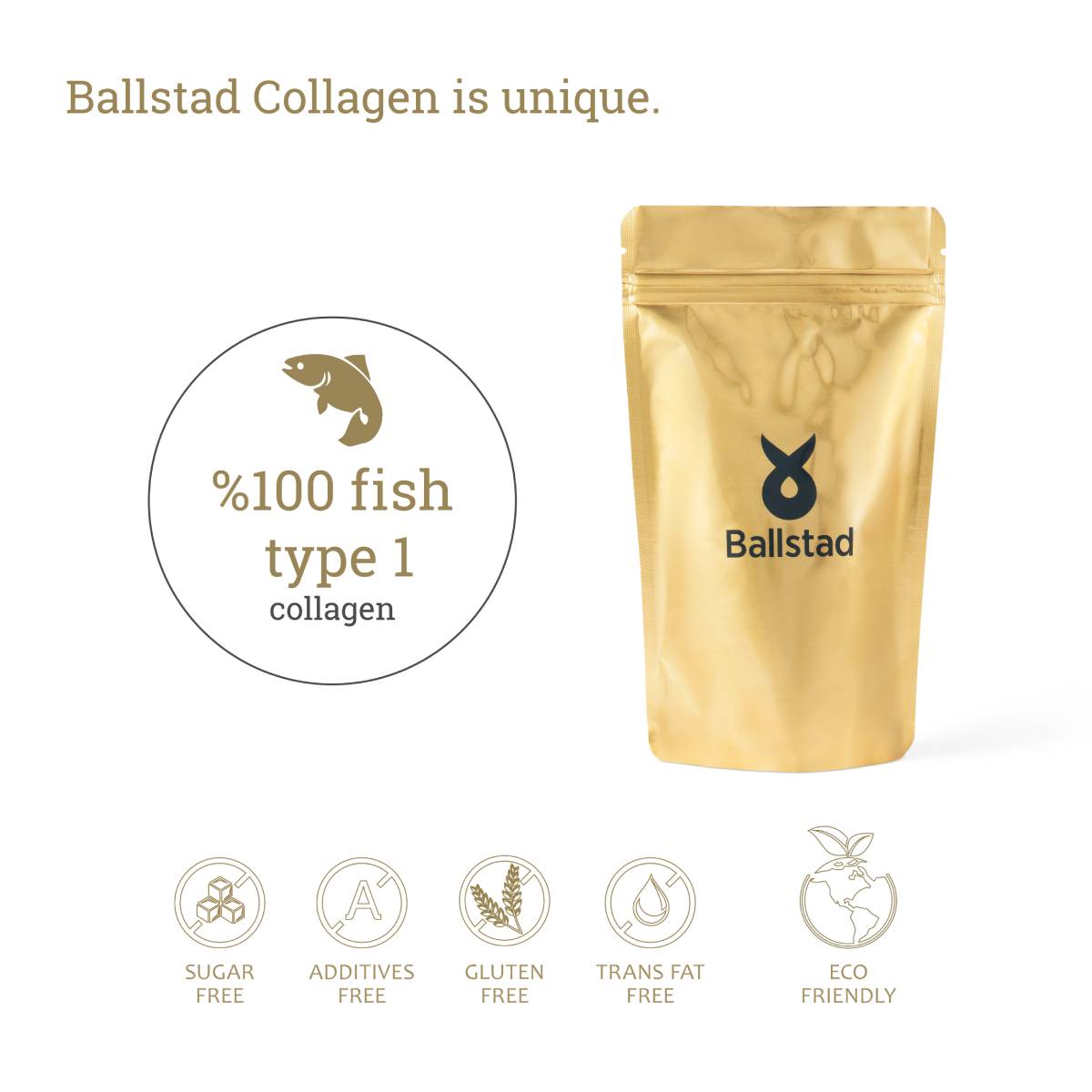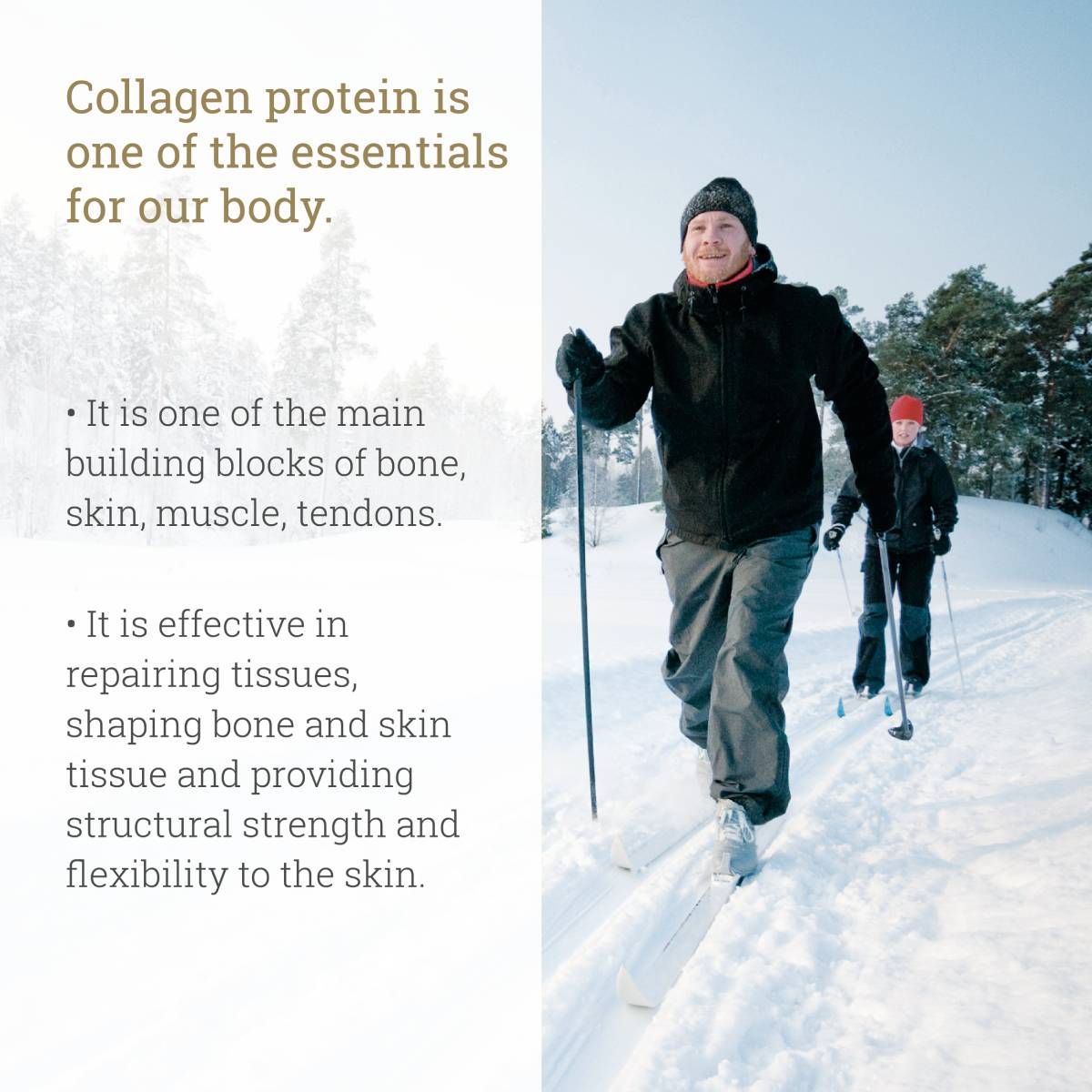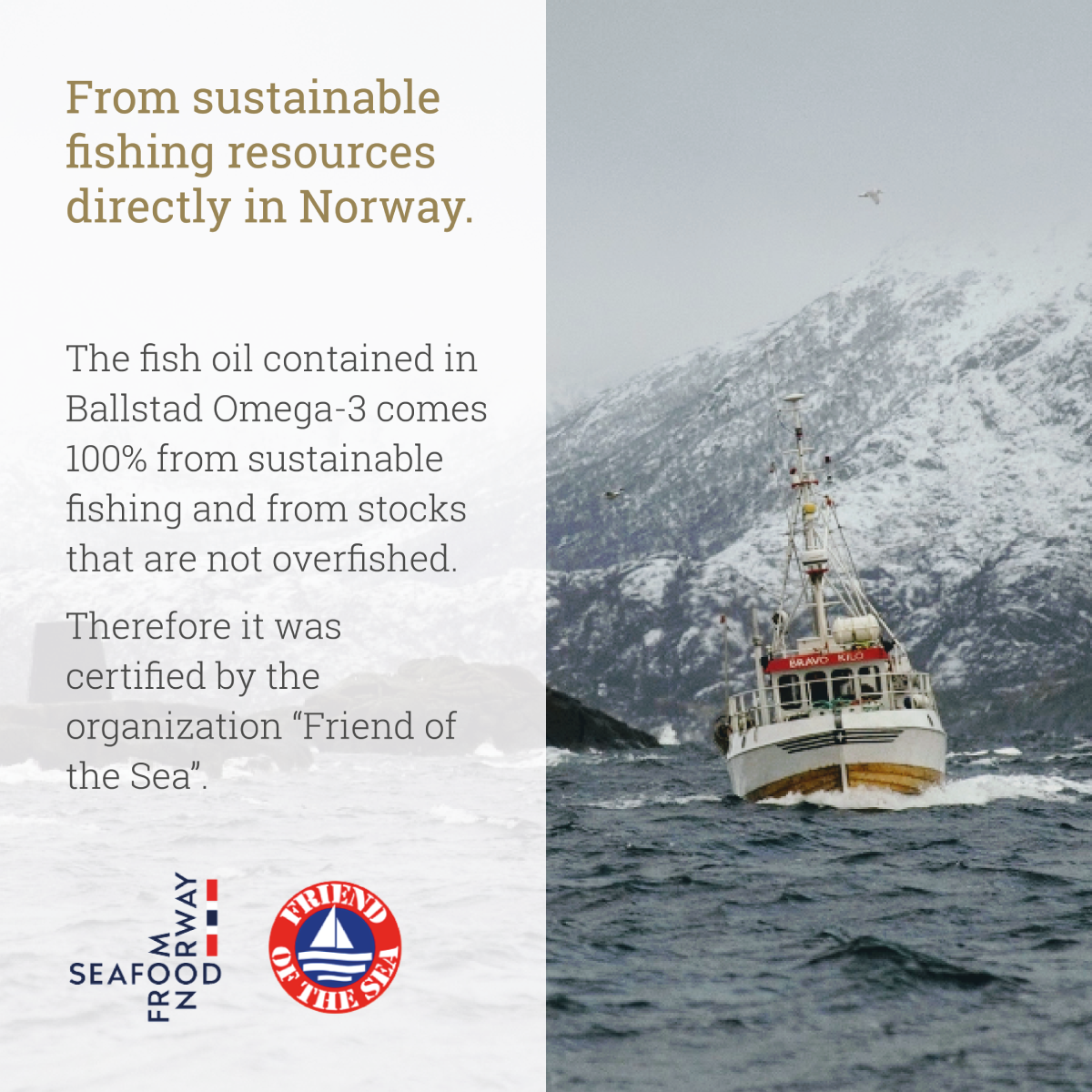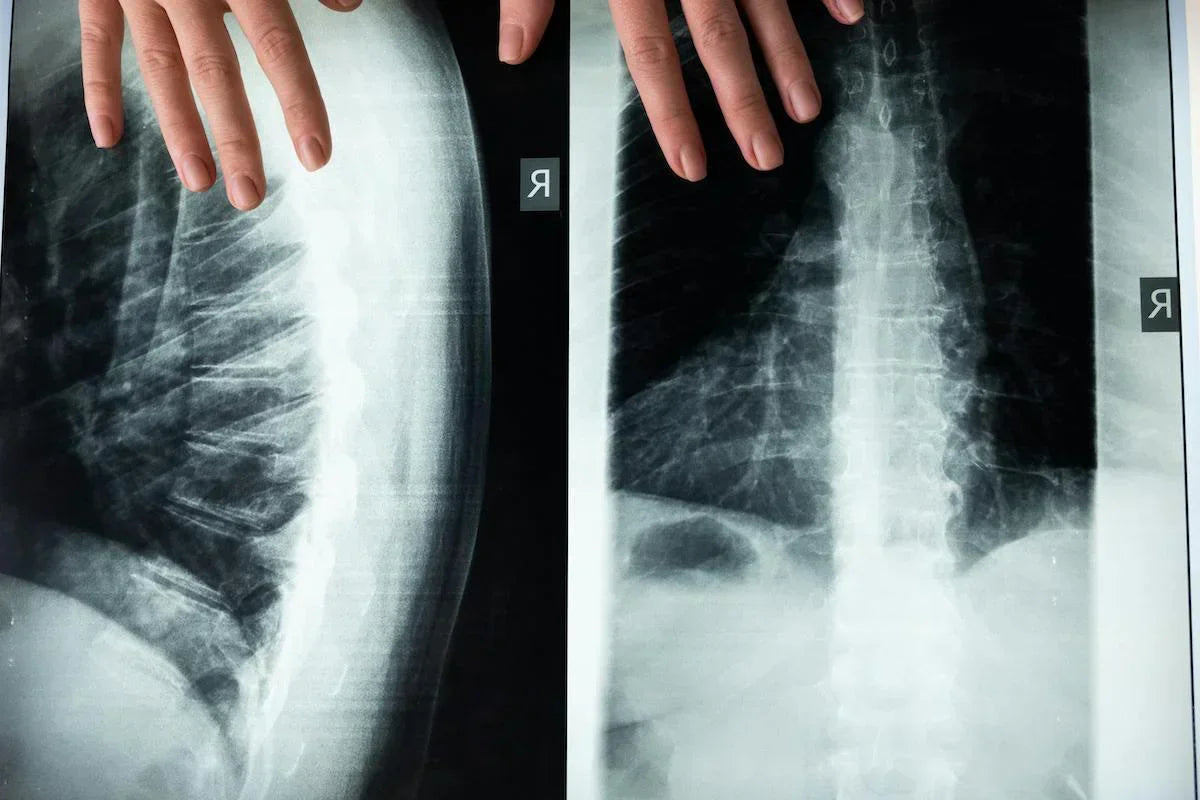Collagen is the structural protein that gives your skin firmness, elasticity, and hydration. In fact, it makes up nearly 70% of your skin’s structure. Unfortunately, after the age of 25, your body’s natural collagen production begins to slow down. Over time, this decline can lead to fine lines, wrinkles, sagging, and a dull complexion.
The good news? With the right foods, lifestyle habits, and supplements, you can support collagen production and help your skin stay radiant and resilient for years to come.
Foods That Naturally Boost Collagen
Nutrition plays a crucial role in collagen synthesis. Adding the right foods to your diet provides your body with the building blocks it needs:
-
Vitamin C → Essential for collagen synthesis (found in oranges, strawberries, red peppers, broccoli).
-
Protein sources rich in proline and glycine → Bone broth, chicken, egg whites.
-
Zinc and copper → Vital minerals for skin repair and regeneration (pumpkin seeds, almonds, cashews).
-
Antioxidant-rich foods → Help protect existing collagen by neutralizing free radicals (blueberries, grapes, green tea).
These nutrients work together to strengthen your skin’s foundation and slow down visible signs of aging.
Should You Take Collagen Supplements?
While a collagen-friendly diet is essential, collagen supplements can provide additional support.
-
Choose hydrolyzed collagen peptides, which are broken down into smaller units for better absorption.
-
Clinical studies suggest that 8–12 weeks of consistent use can improve skin elasticity, hydration, and texture.
-
Marine collagen (from fish) is especially bioavailable, making it one of the most effective options for skin health.
Lifestyle Habits That Protect Collagen
Beyond diet and supplements, your daily habits can either protect or break down collagen. Here’s how to give your skin the best chance to thrive:
-
Apply sunscreen daily → UV exposure is one of the fastest ways collagen breaks down.
-
Avoid smoking and limit alcohol → Both impair collagen synthesis and accelerate skin aging.
-
Prioritize quality sleep → During deep sleep, growth hormone is released, which stimulates collagen repair and renewal.
-
Exercise regularly → Physical activity improves blood circulation, delivering oxygen and nutrients that support healthy skin.
Final Thoughts
Collagen loss is a natural part of aging—but you can slow it down. By eating collagen-boosting foods, maintaining healthy lifestyle habits, and incorporating a high-quality collagen supplement, you’ll be supporting your skin from the inside out.
✨ Consistency is key. With the right approach, you can protect your skin’s elasticity, reduce visible wrinkles, and enjoy a glowing, youthful complexion.

